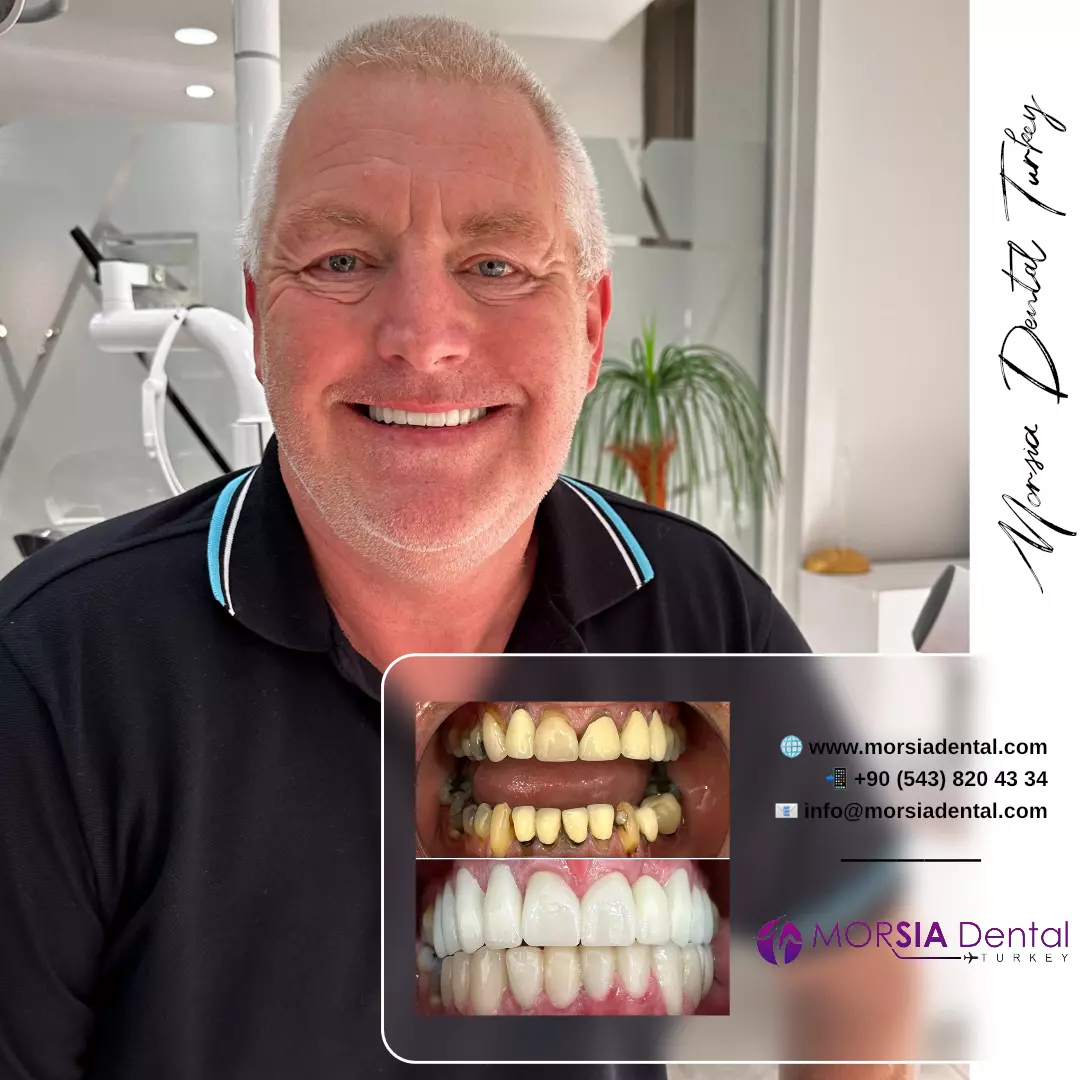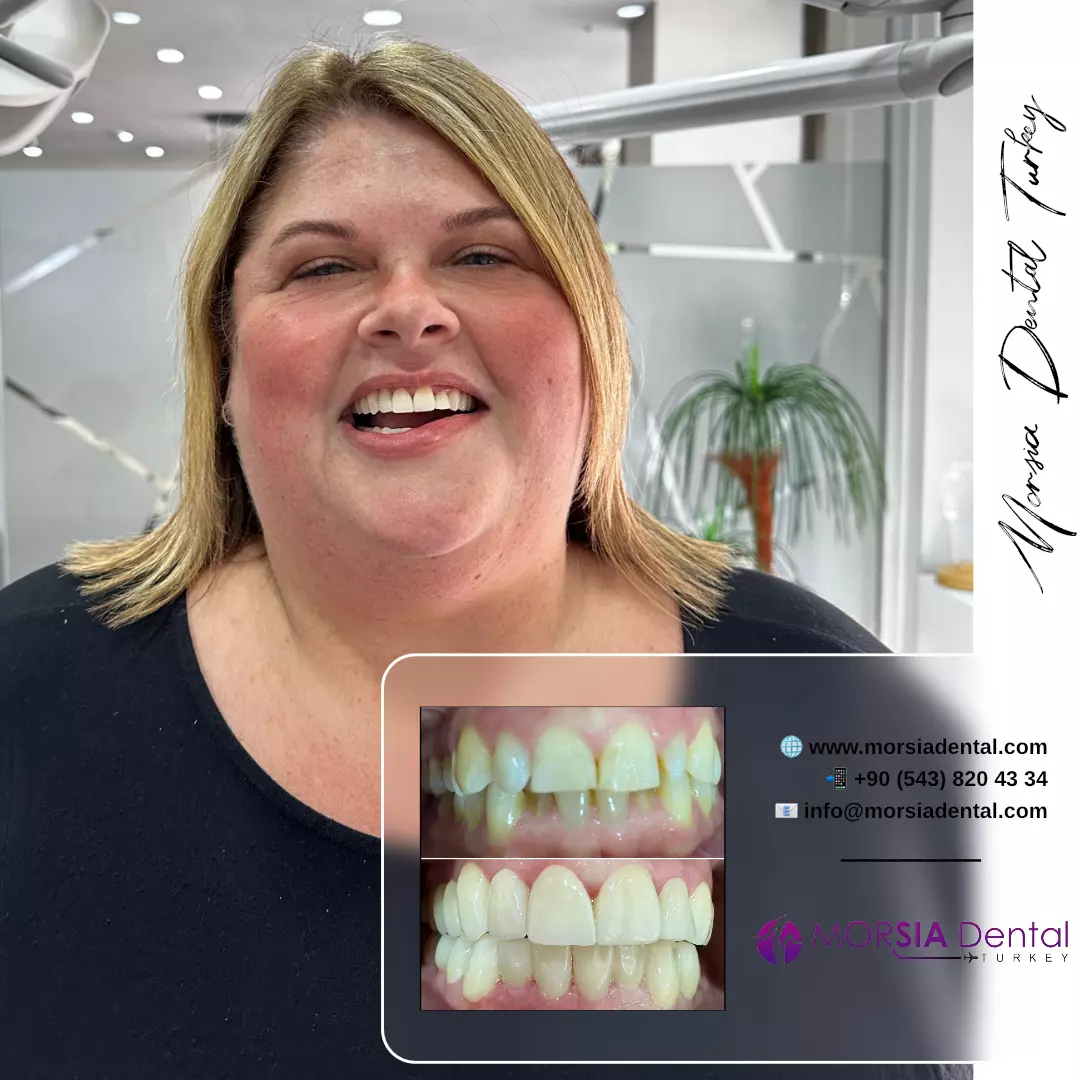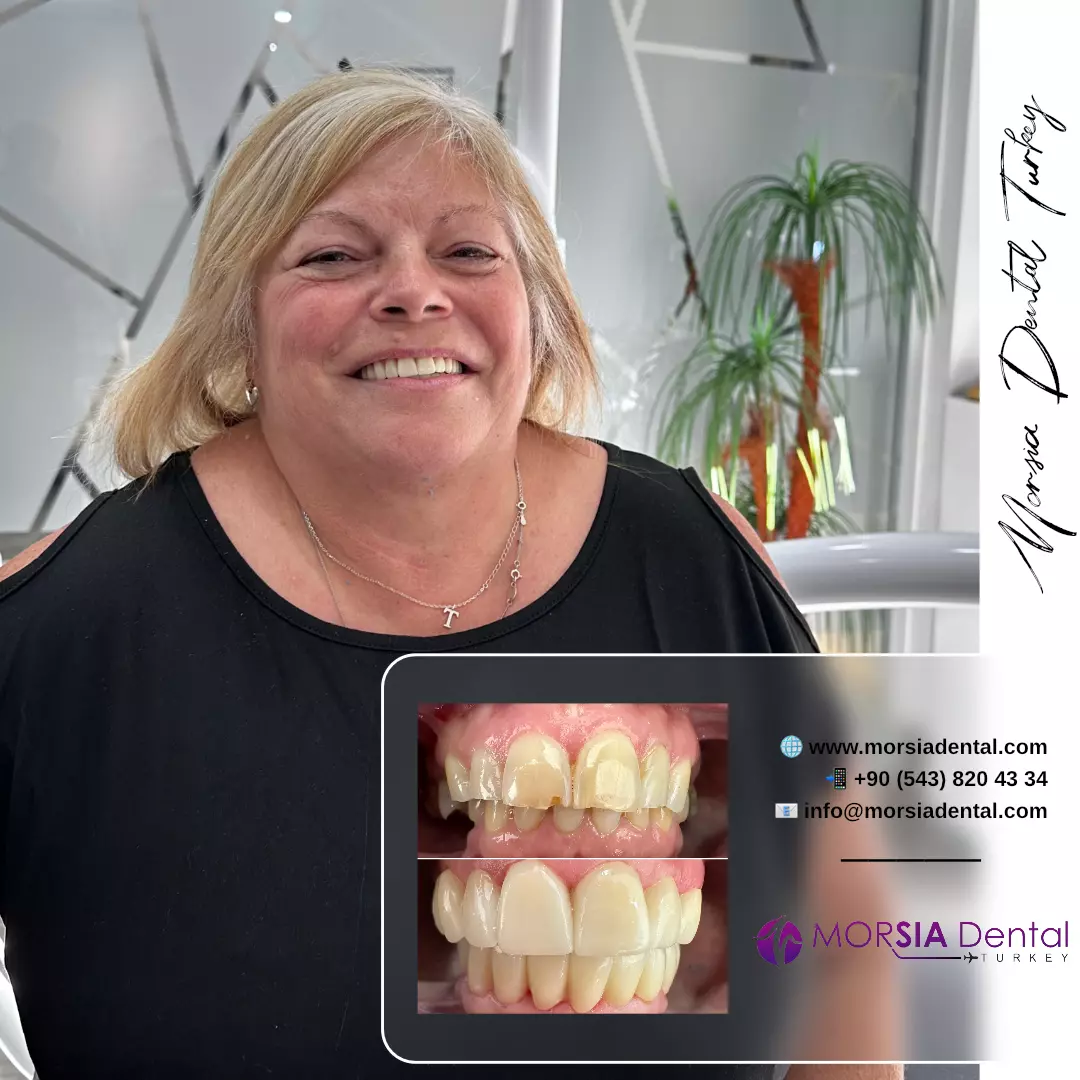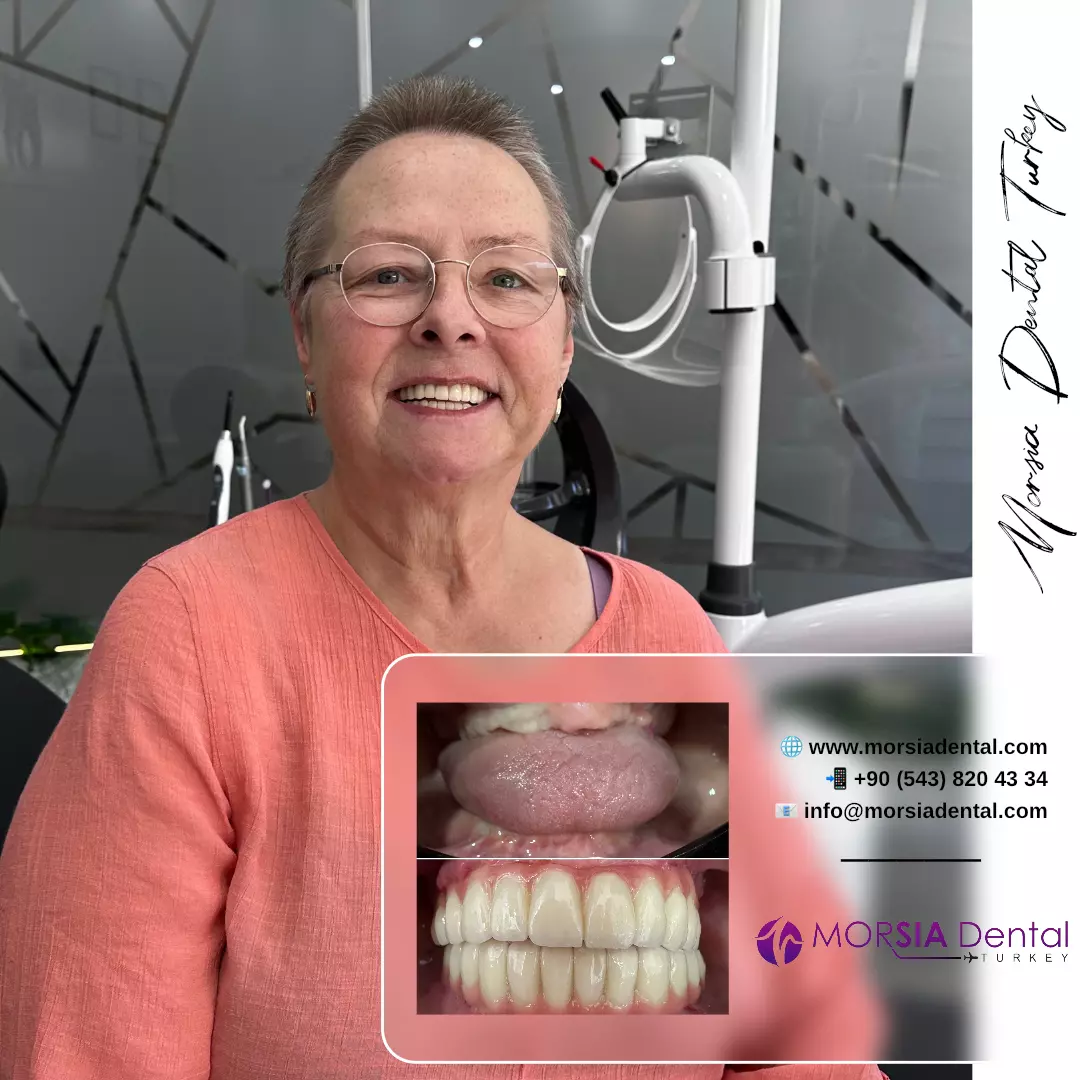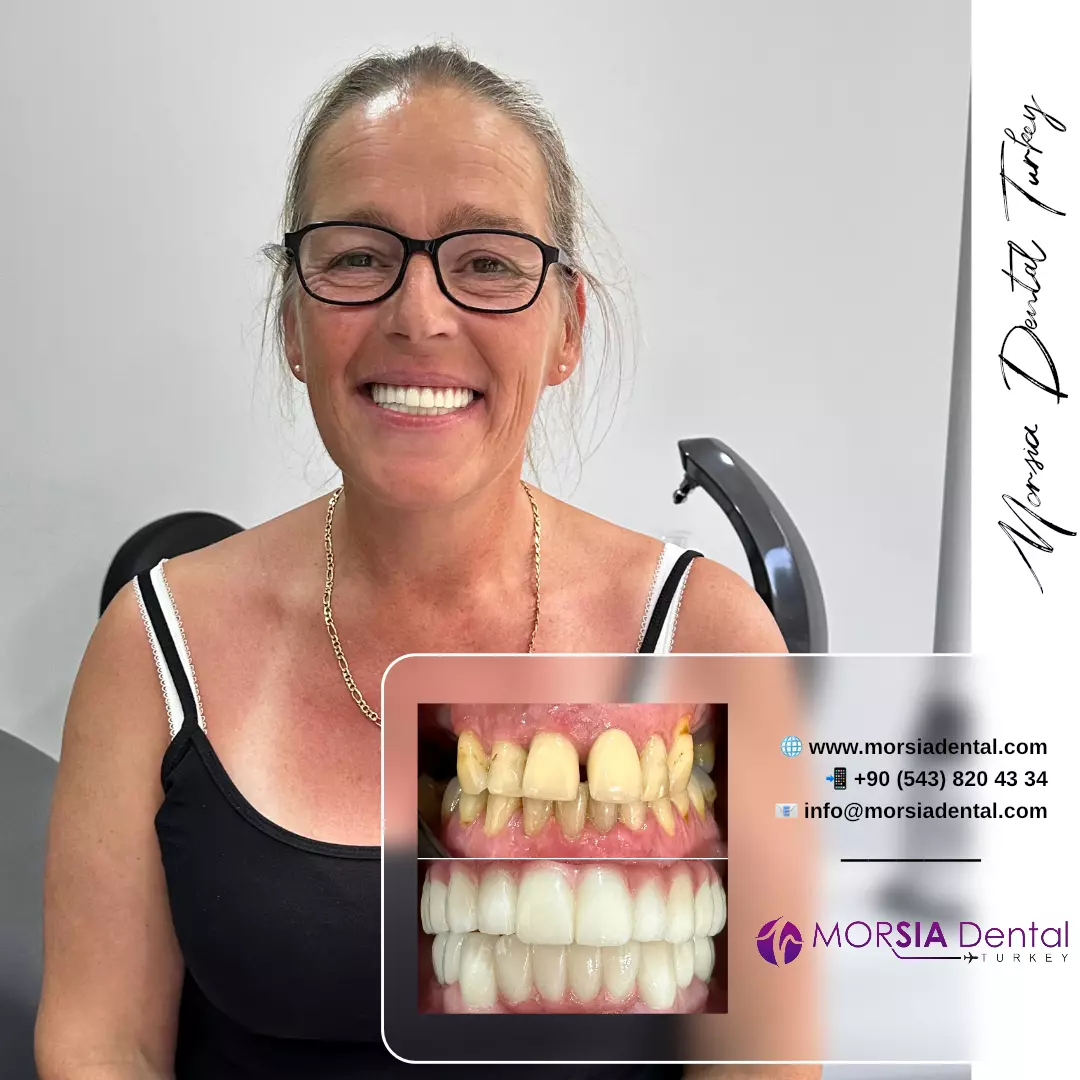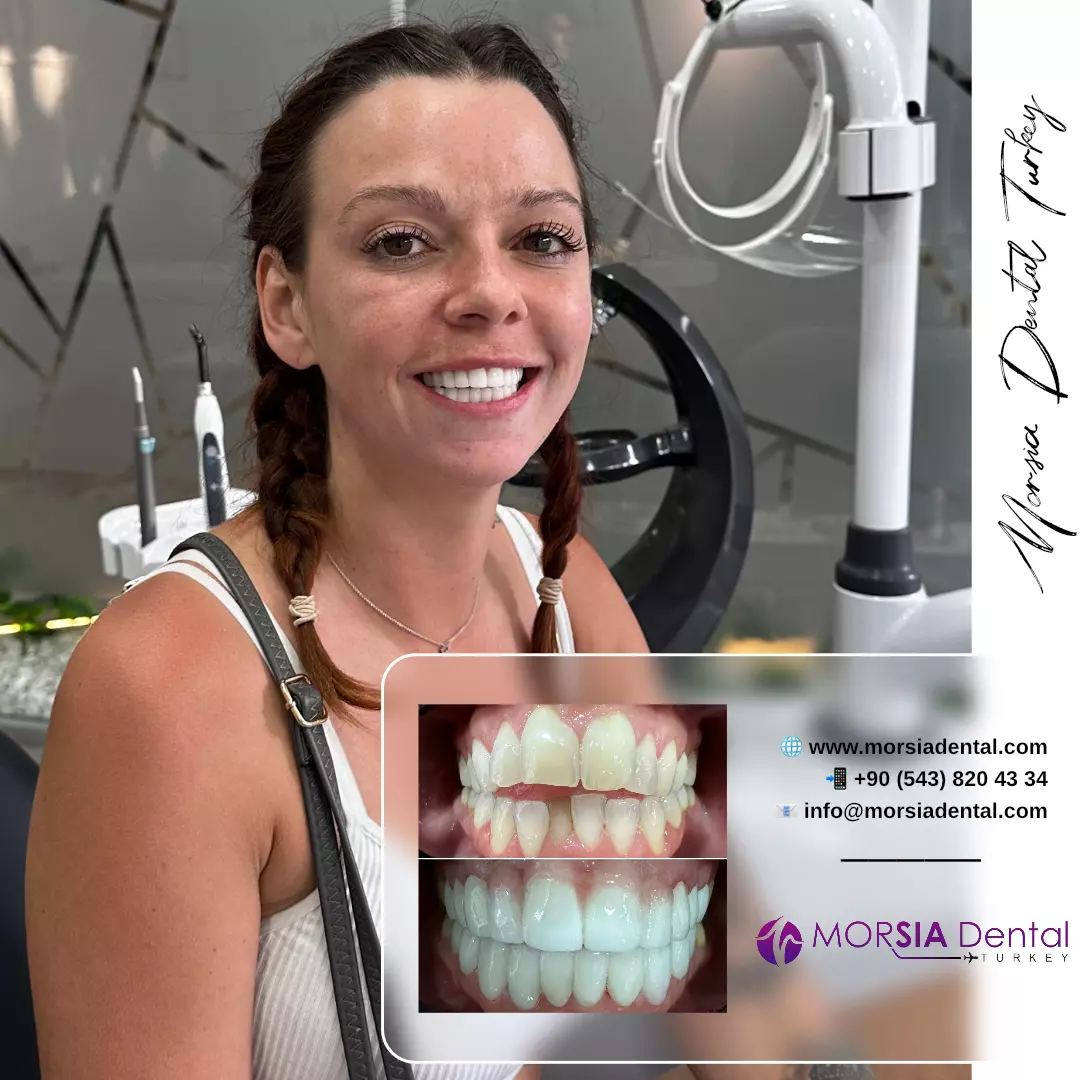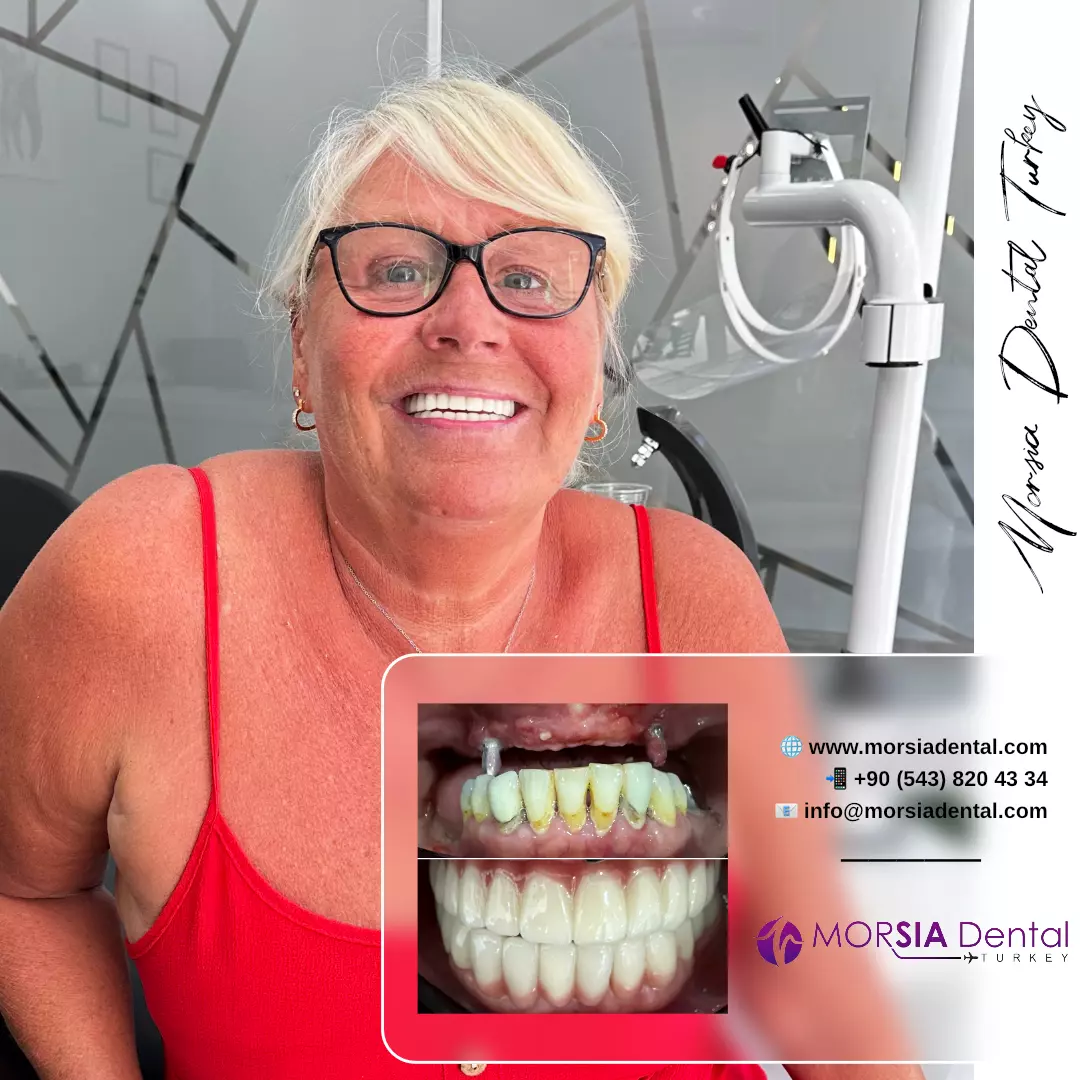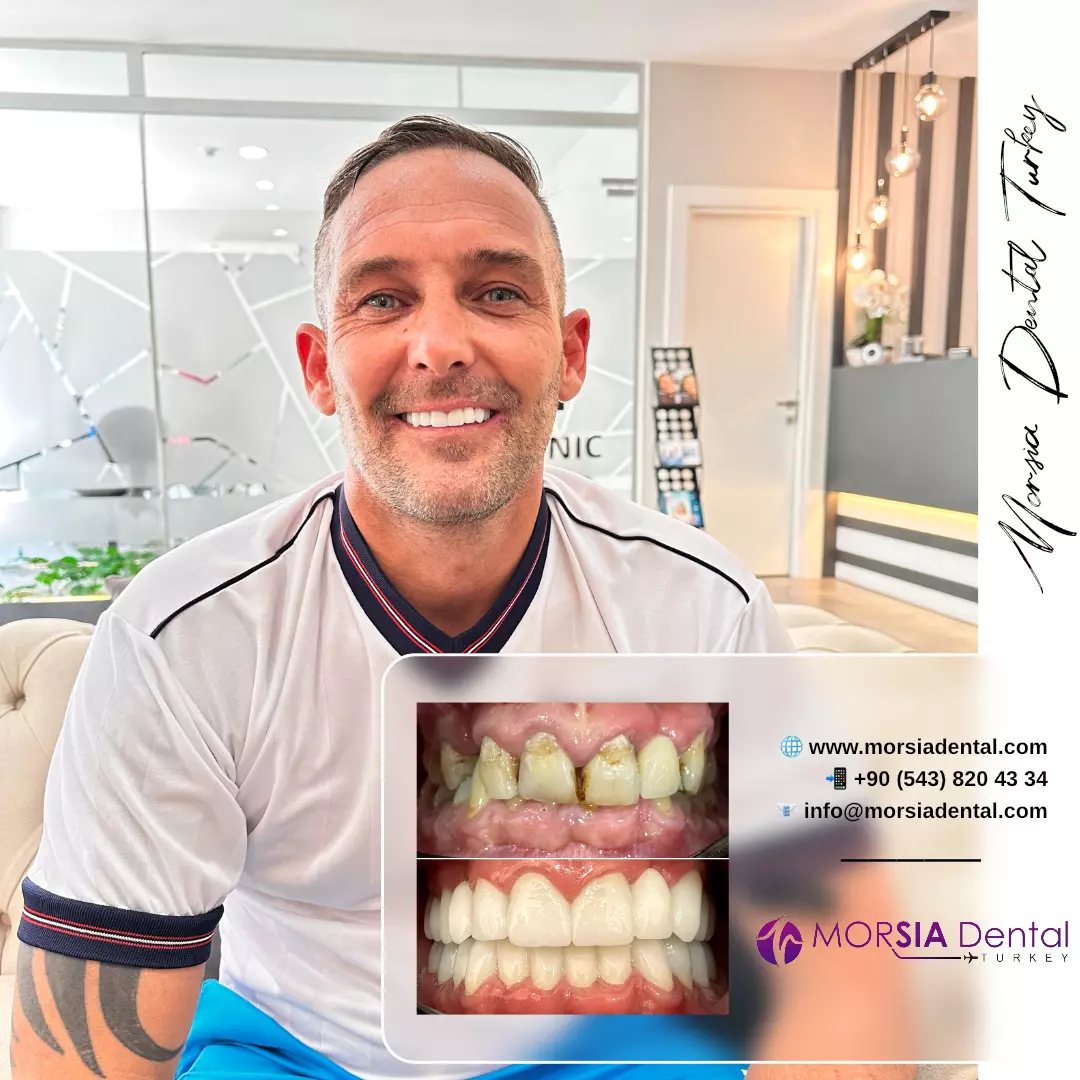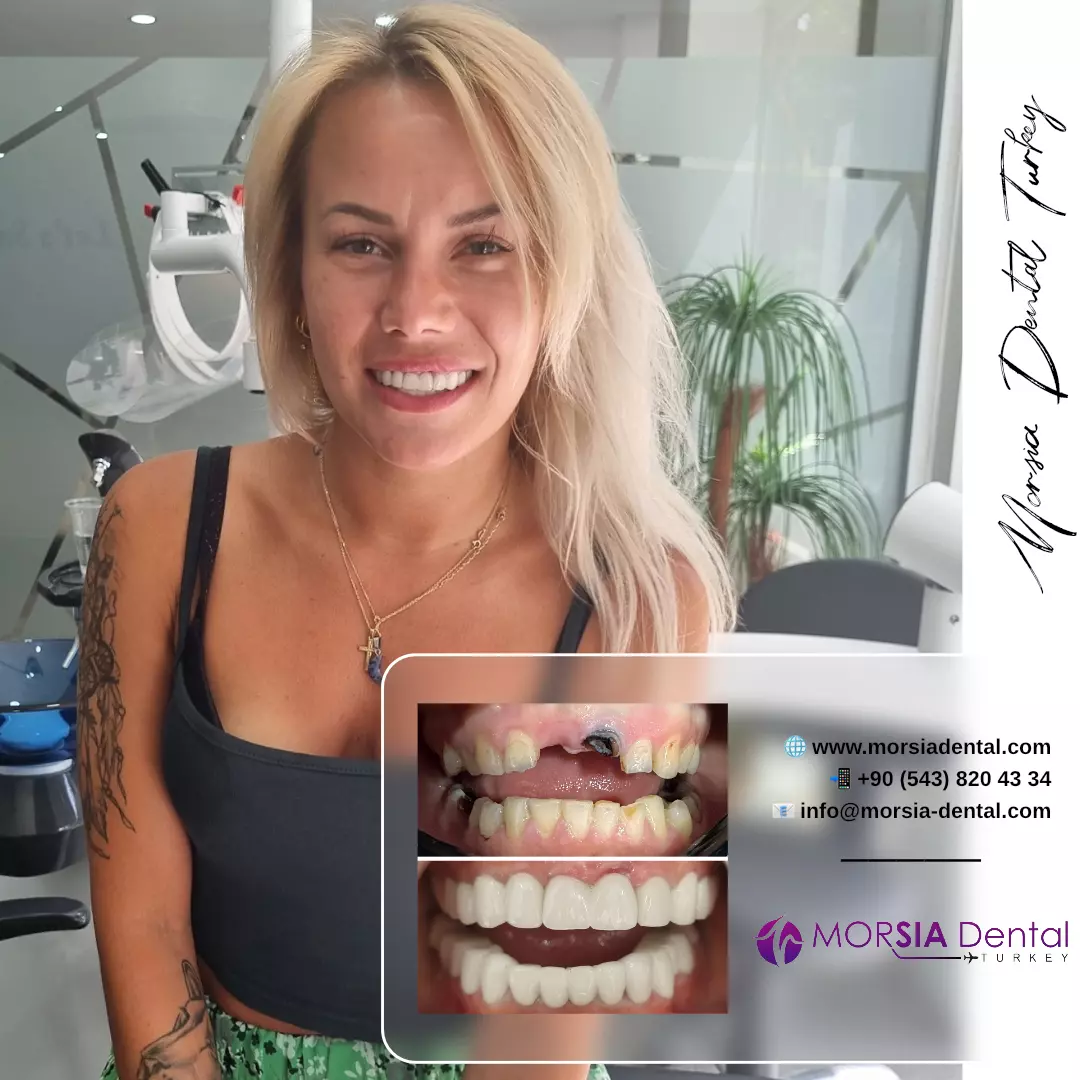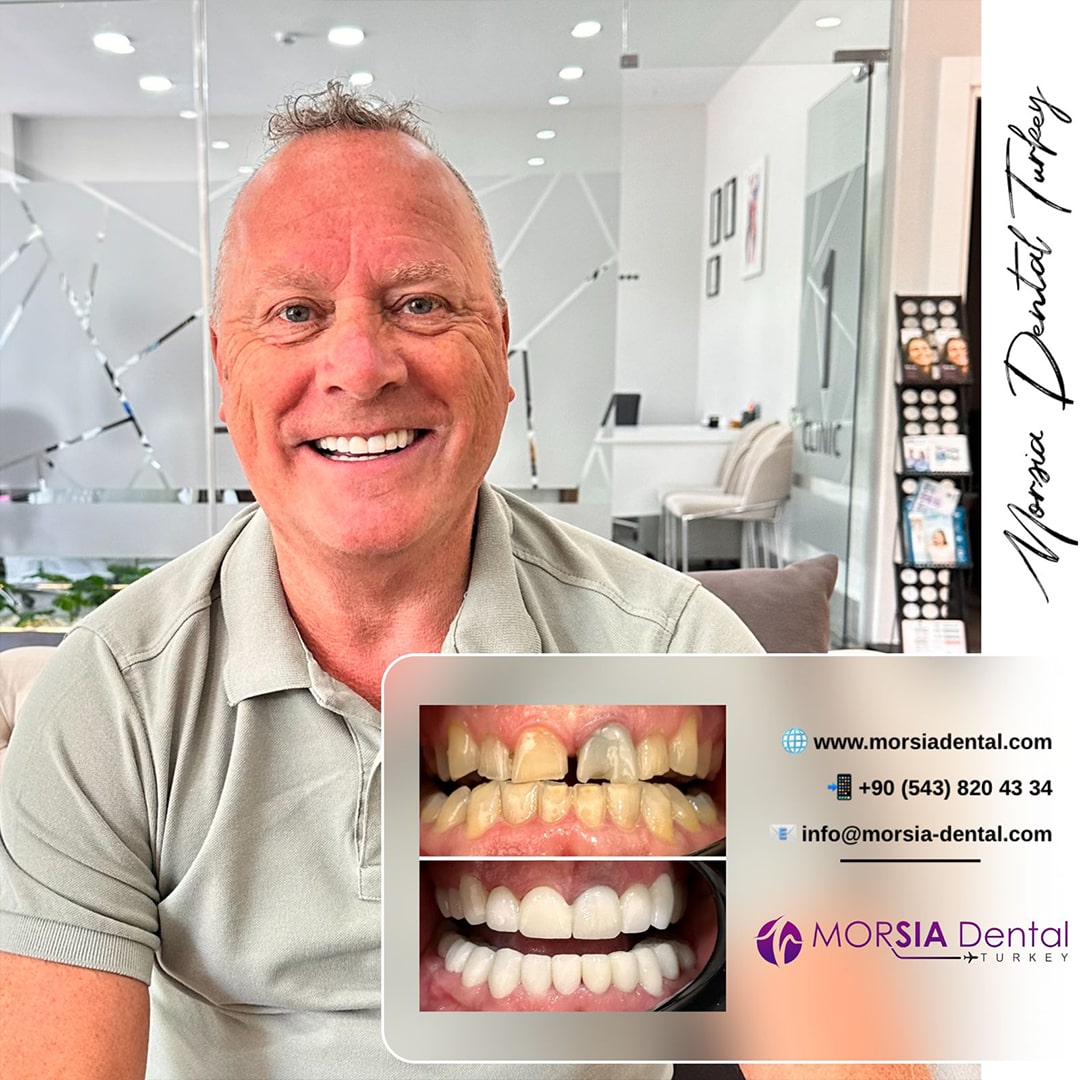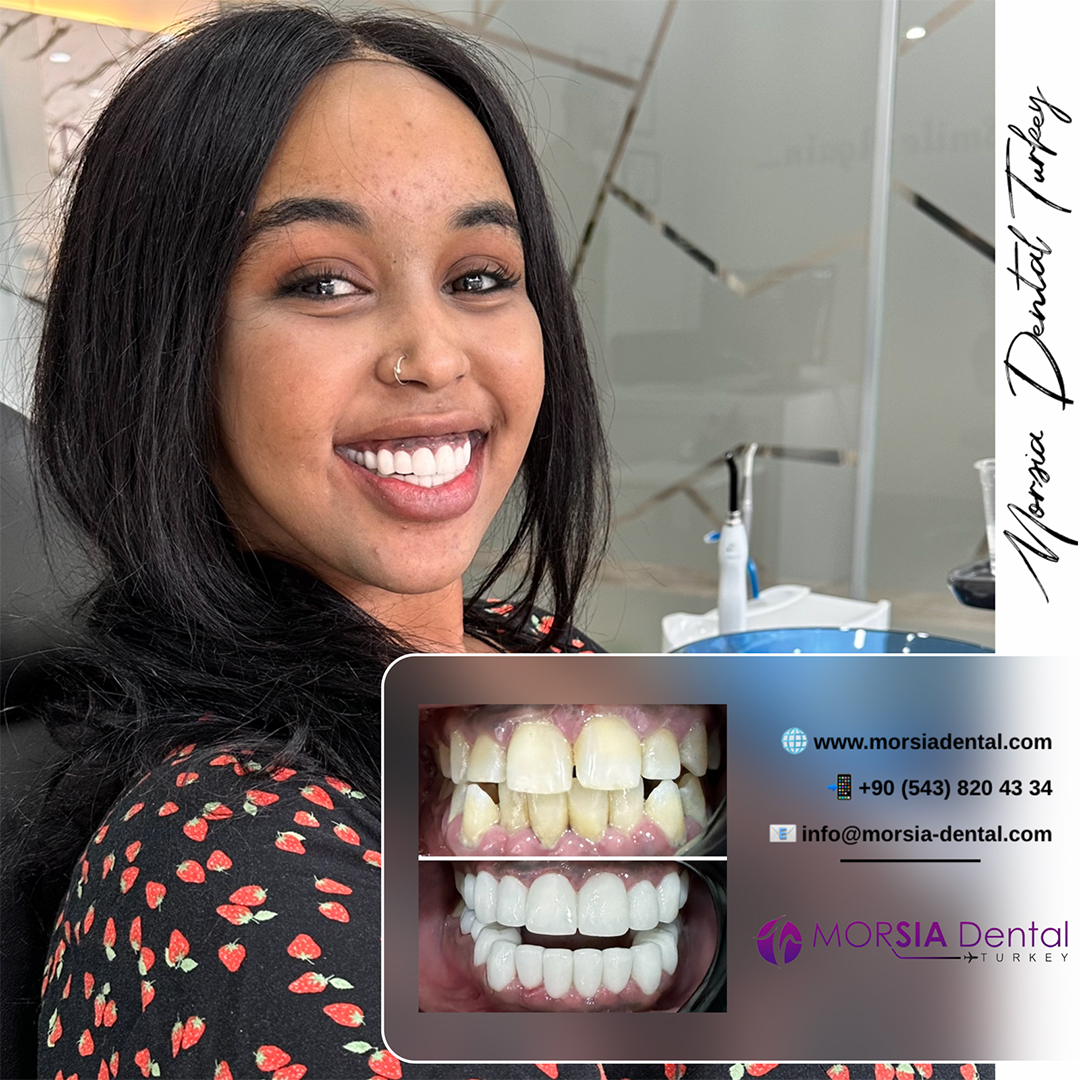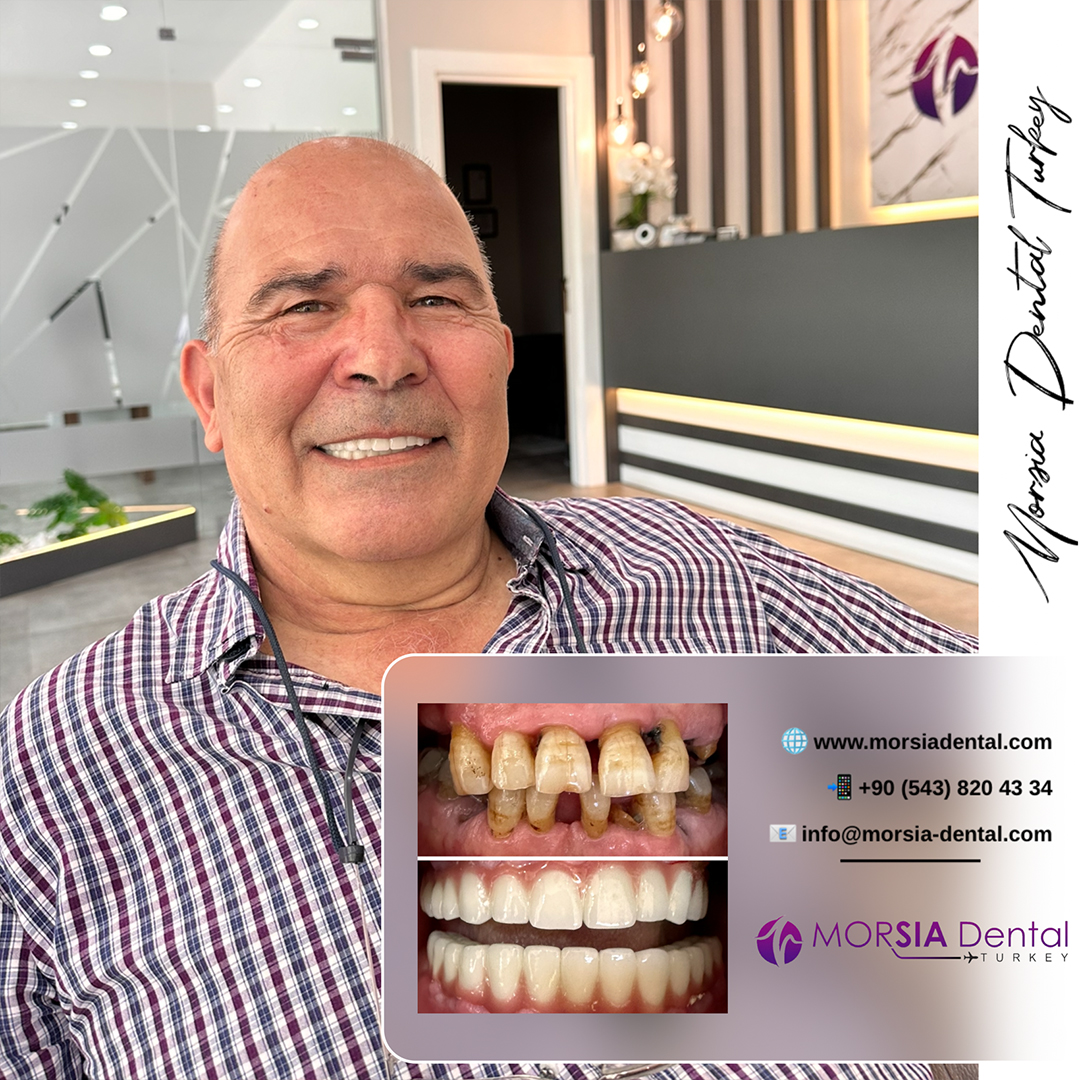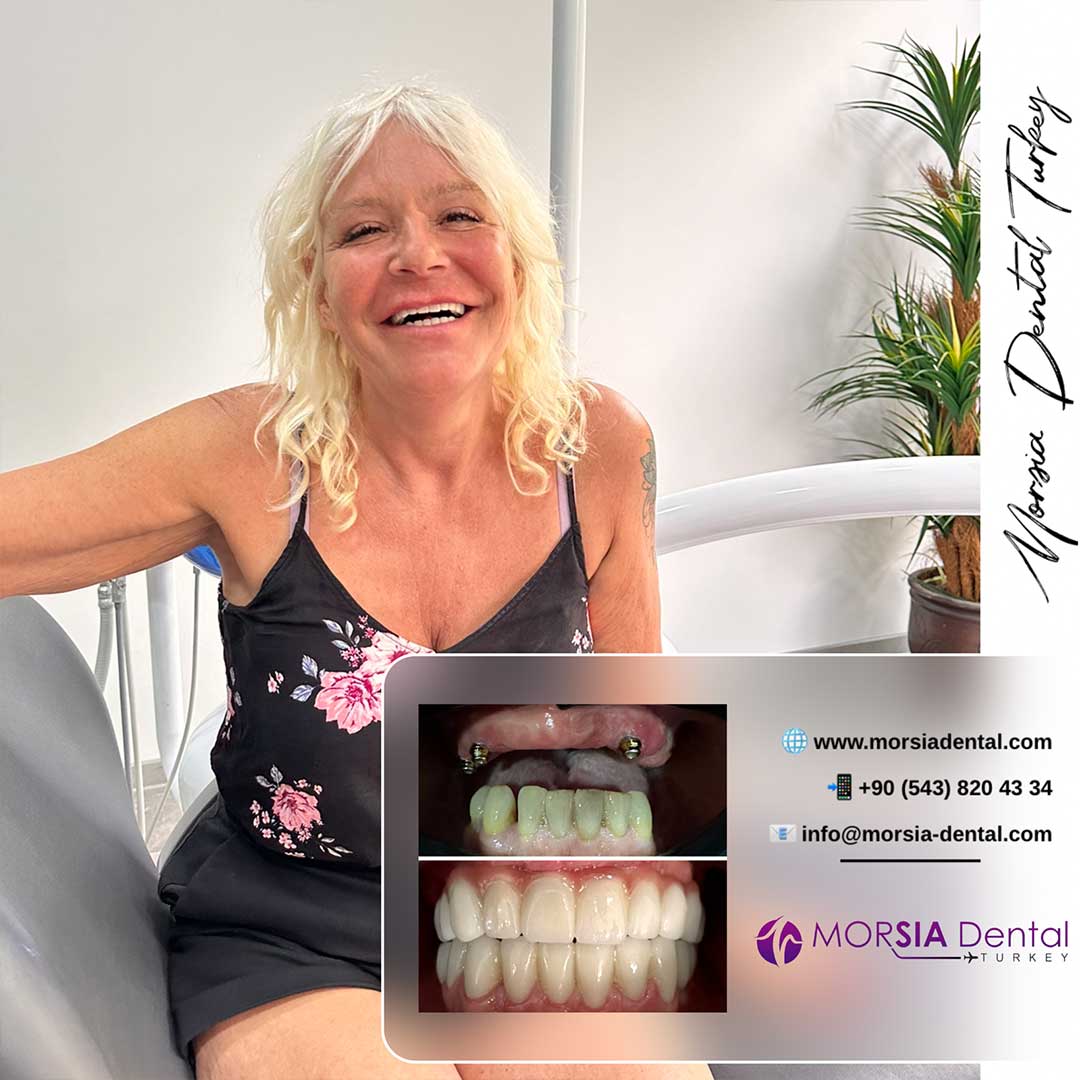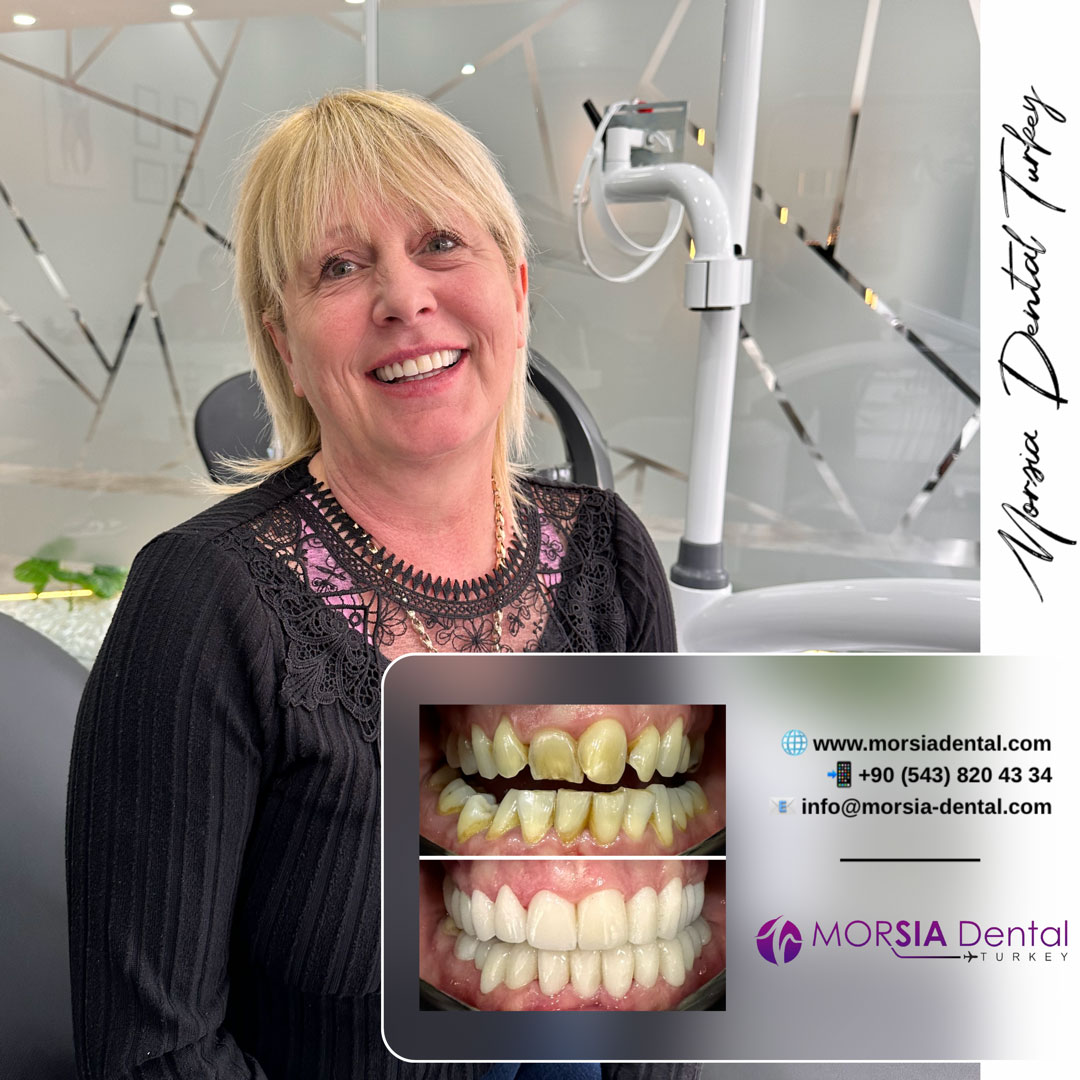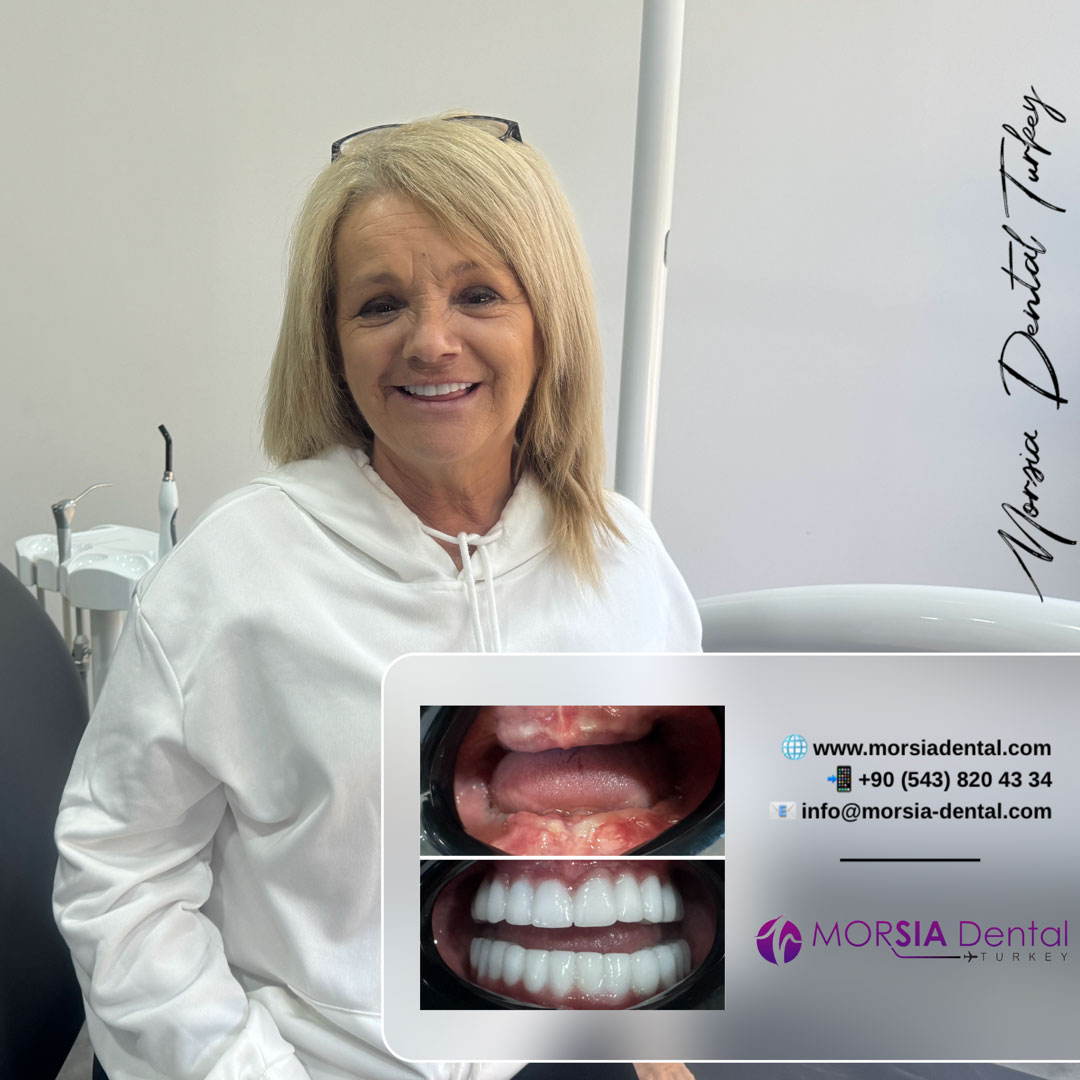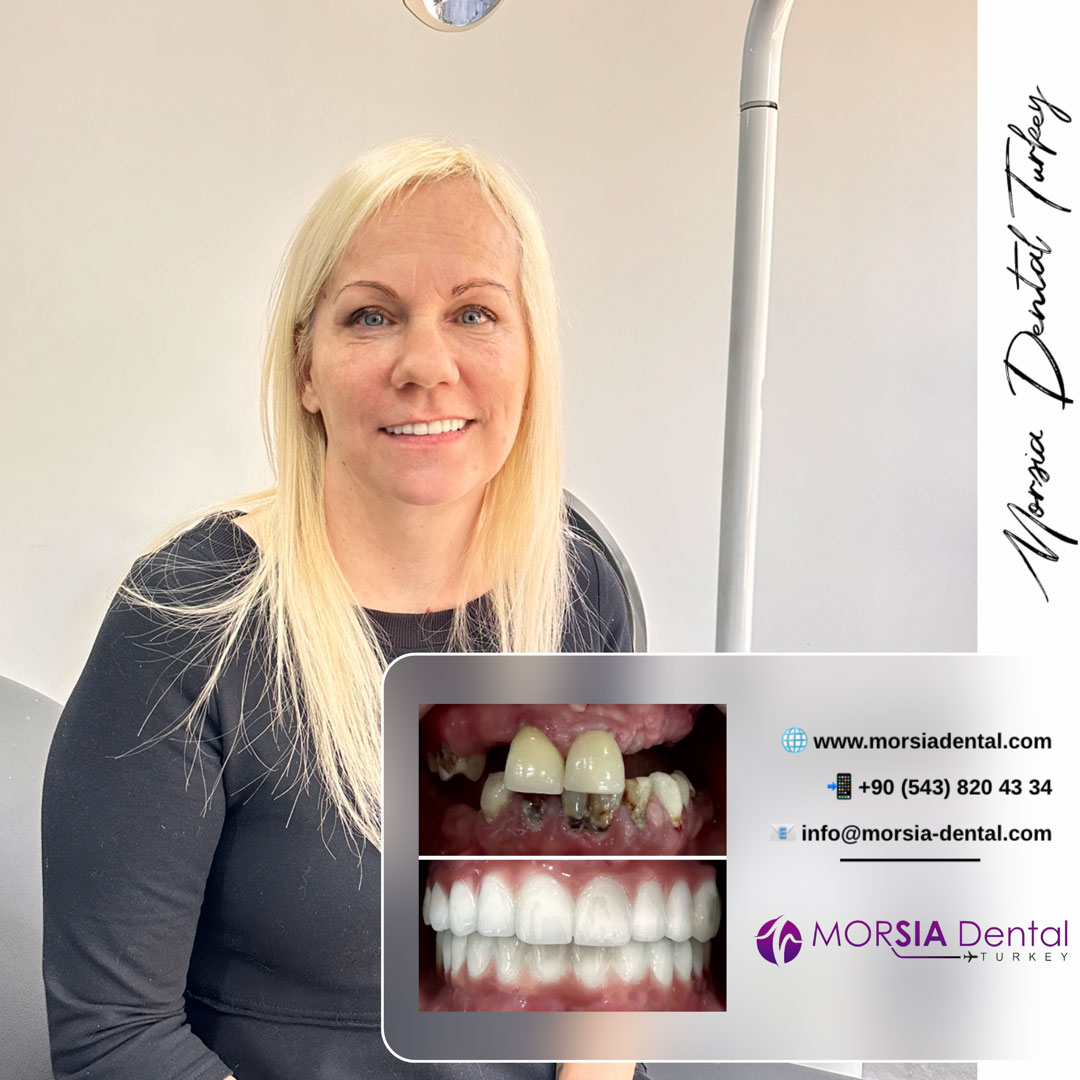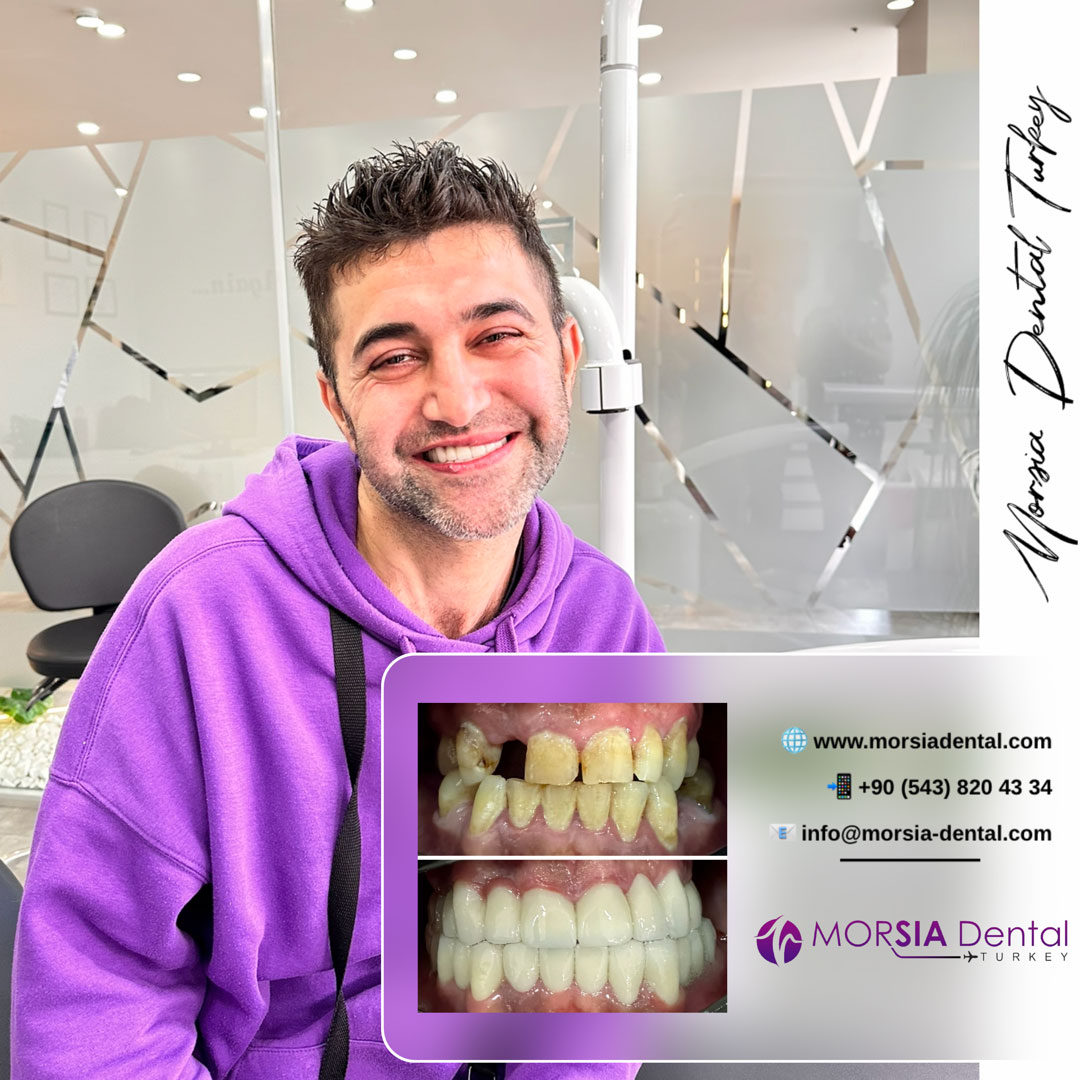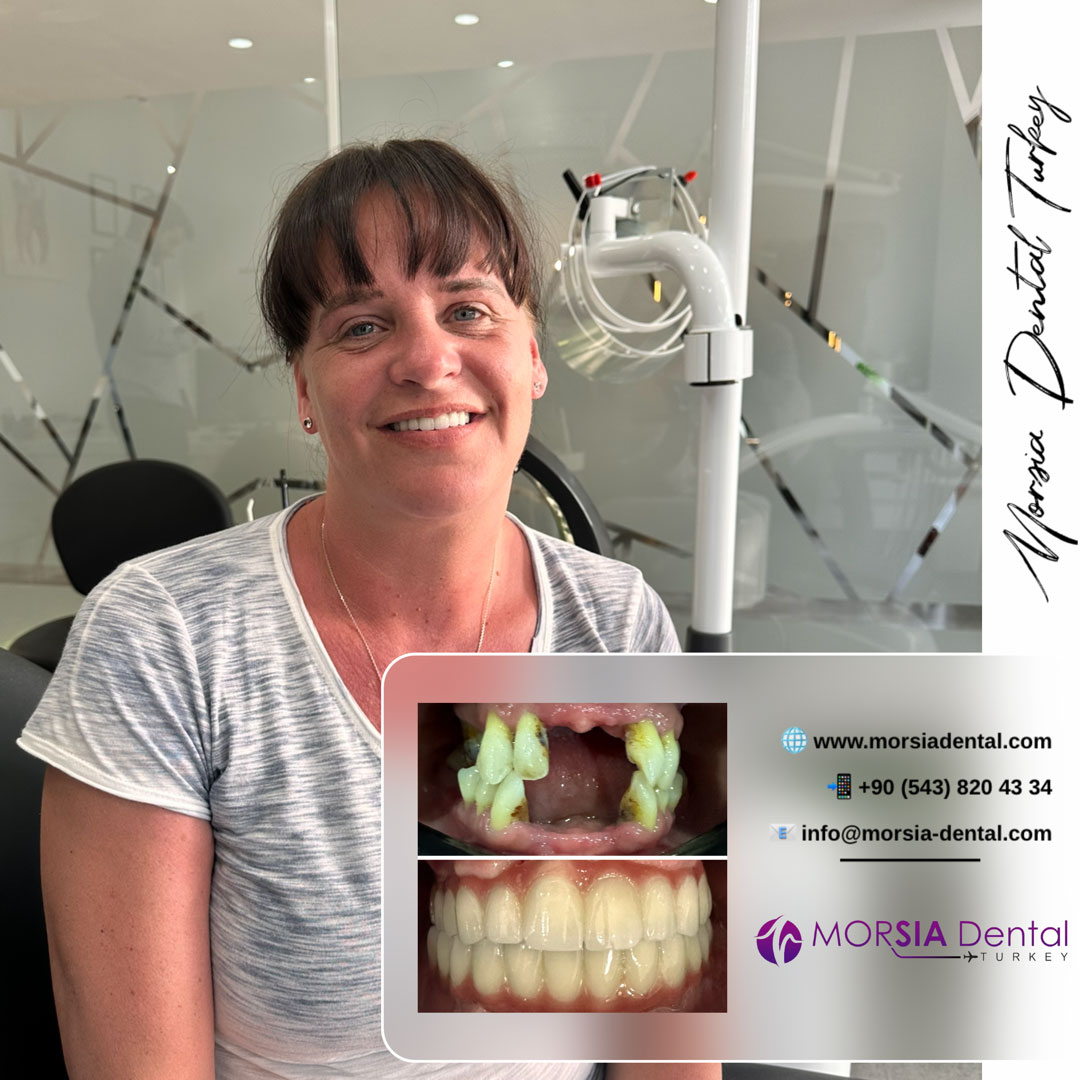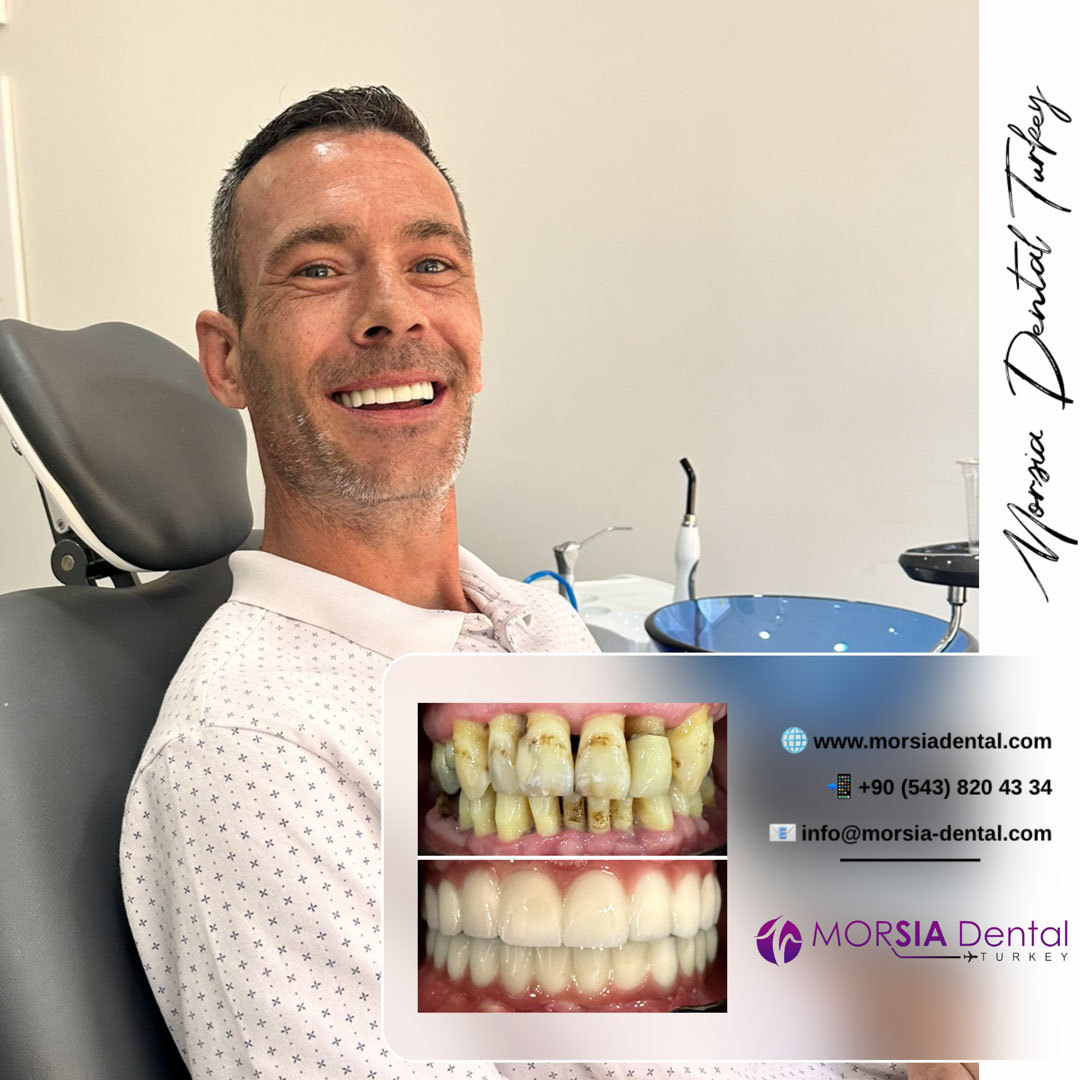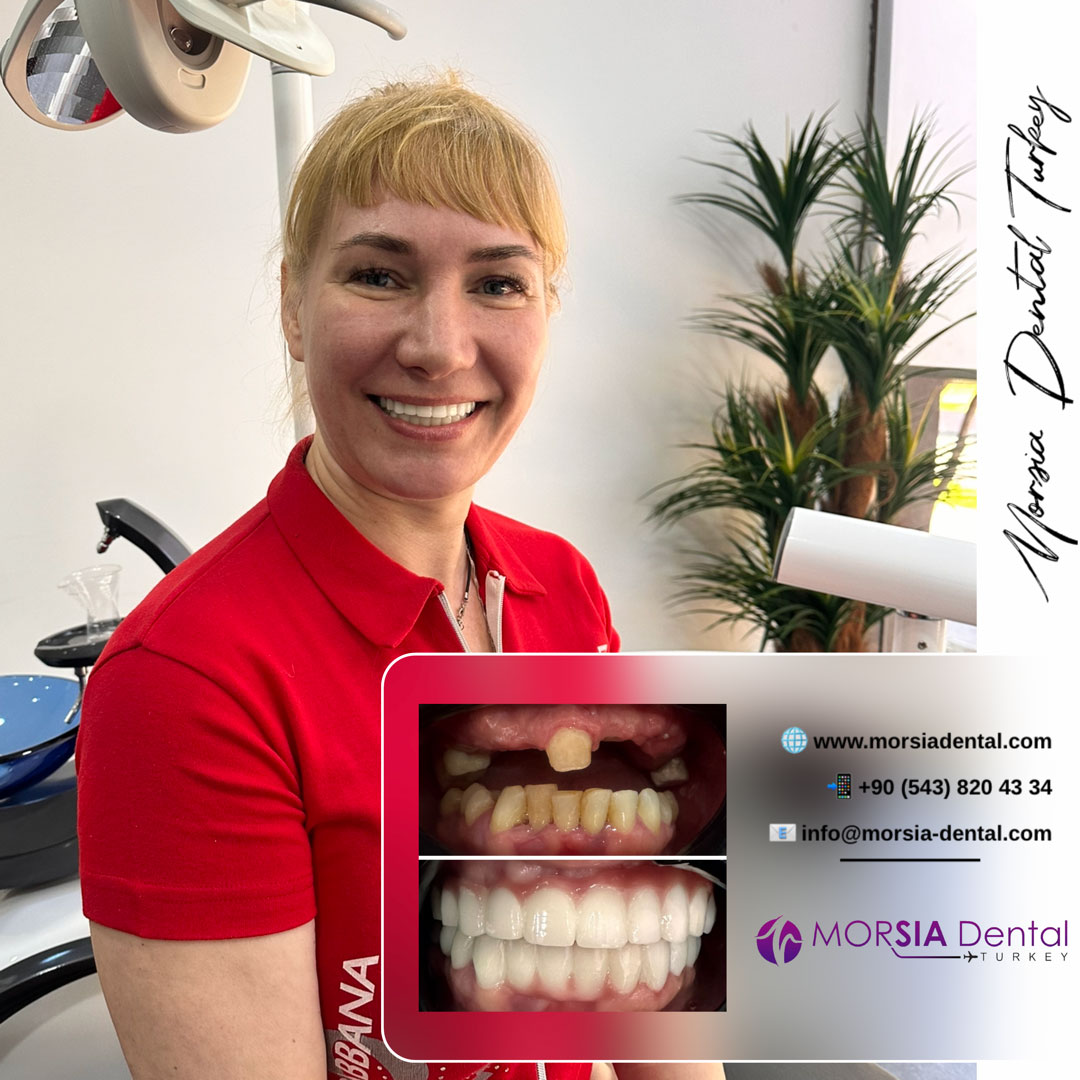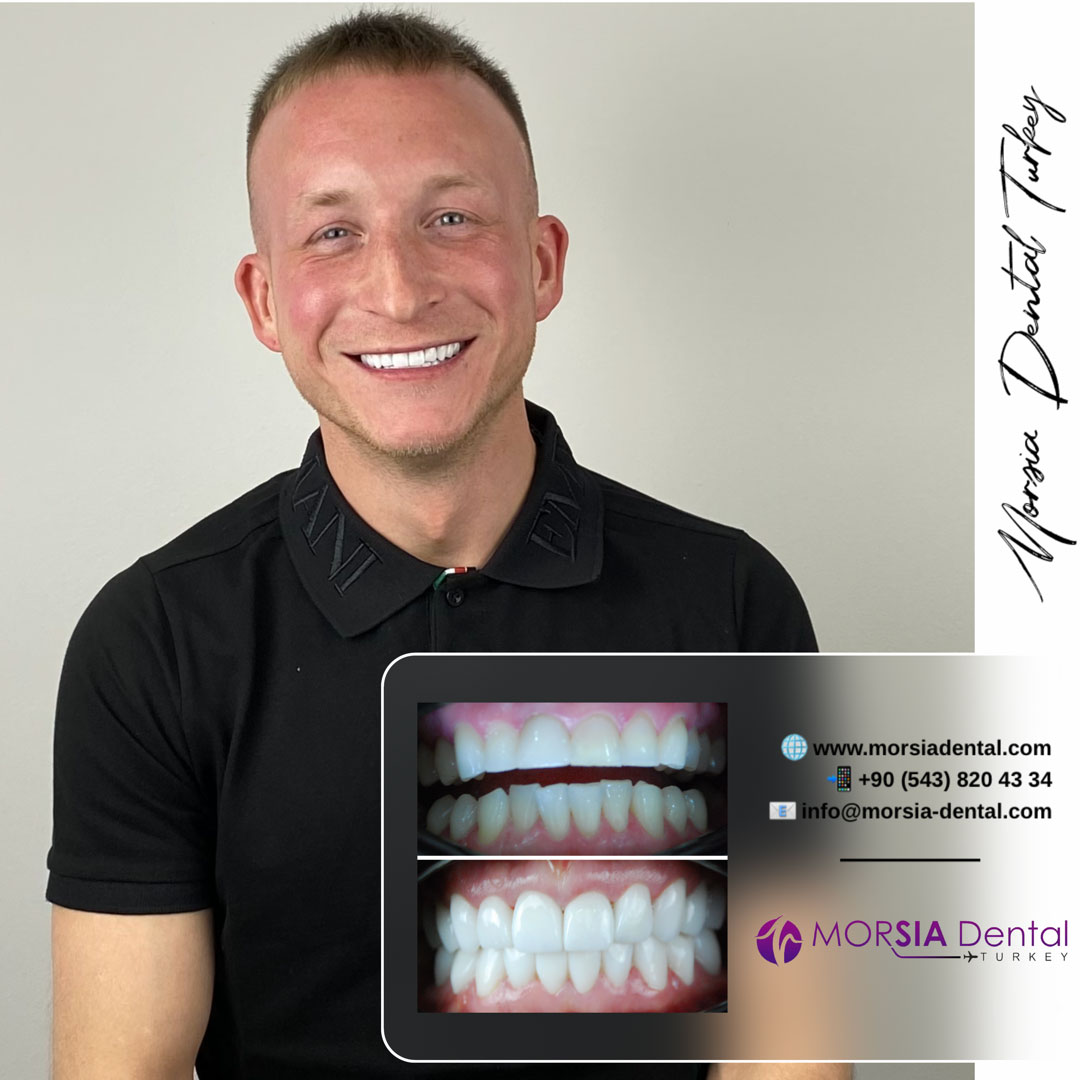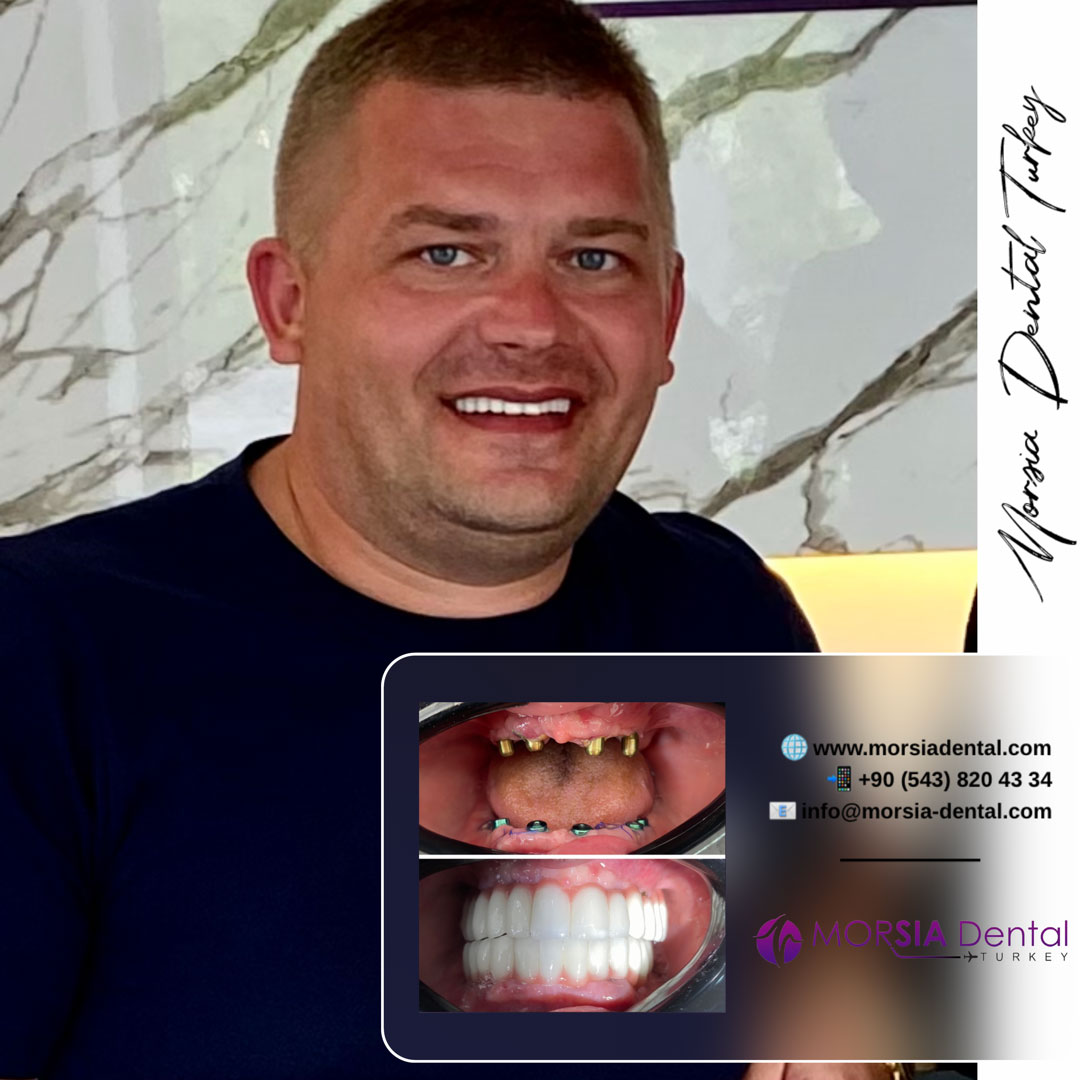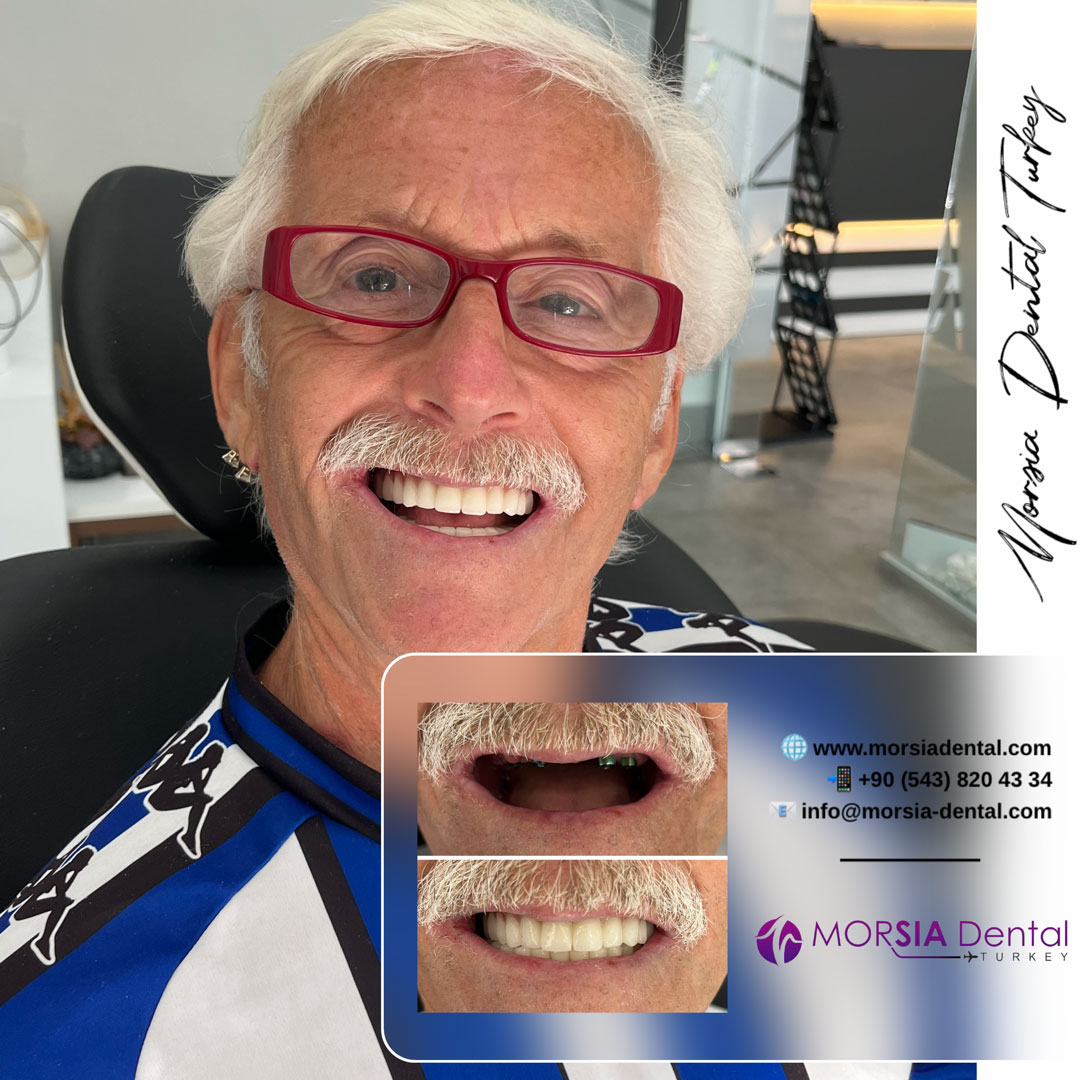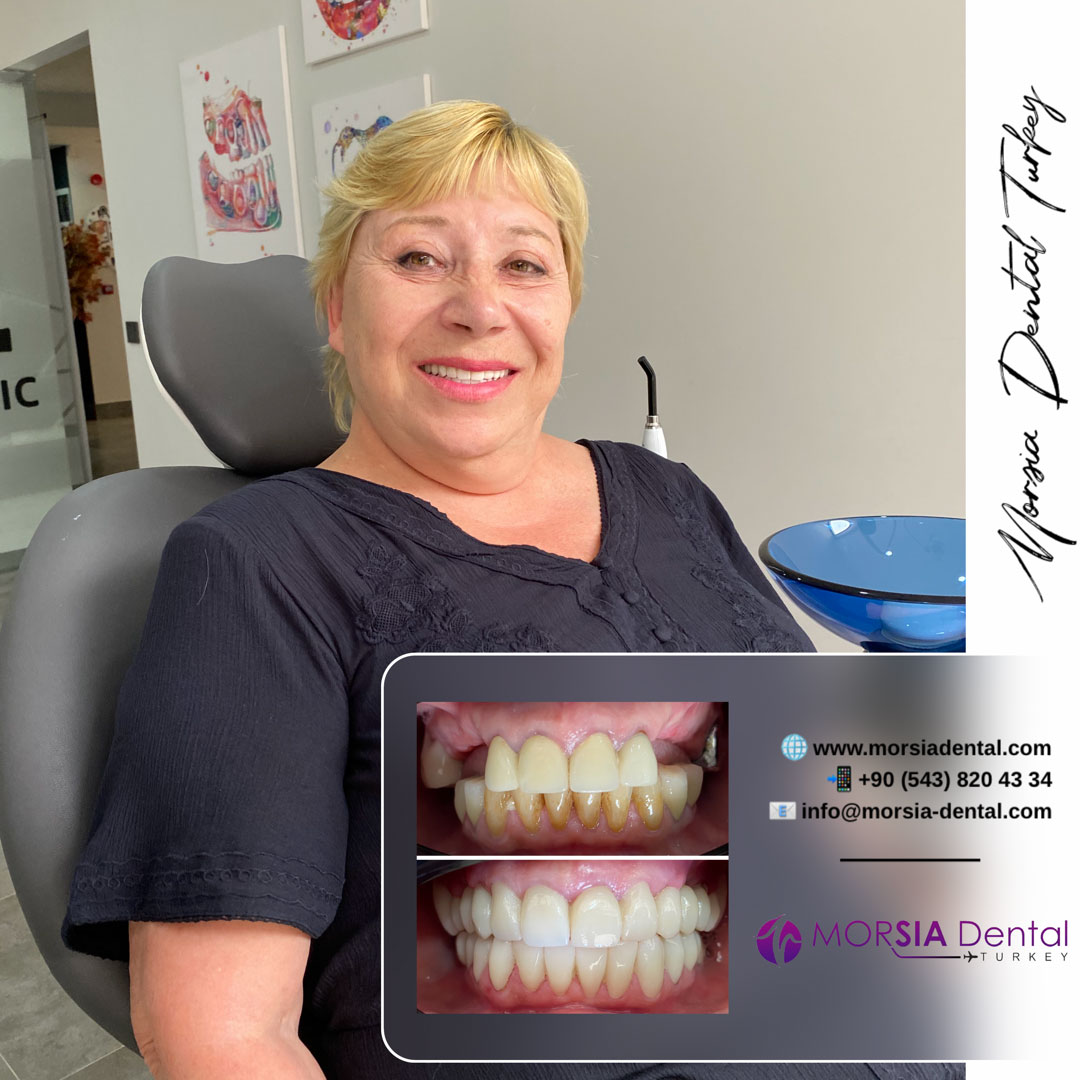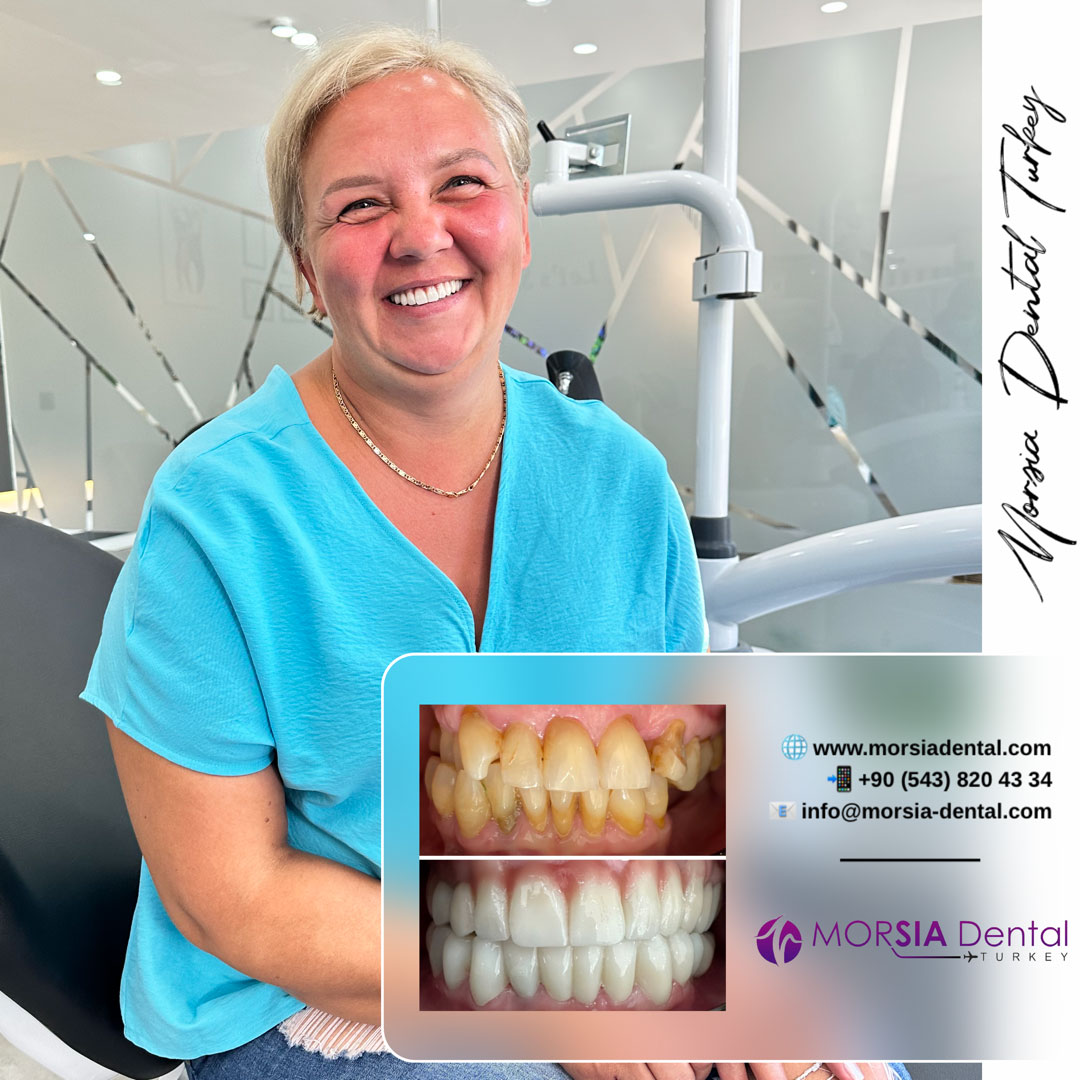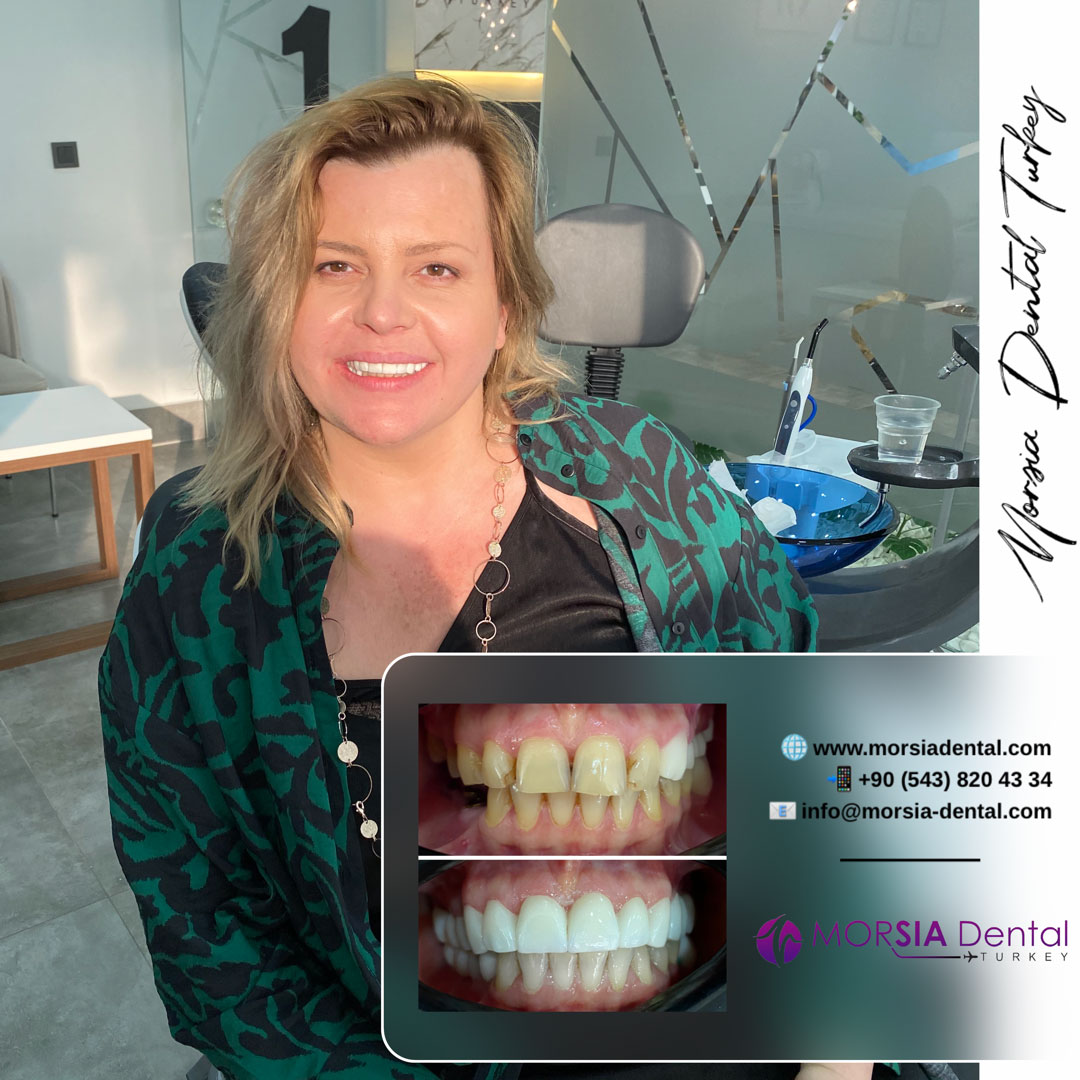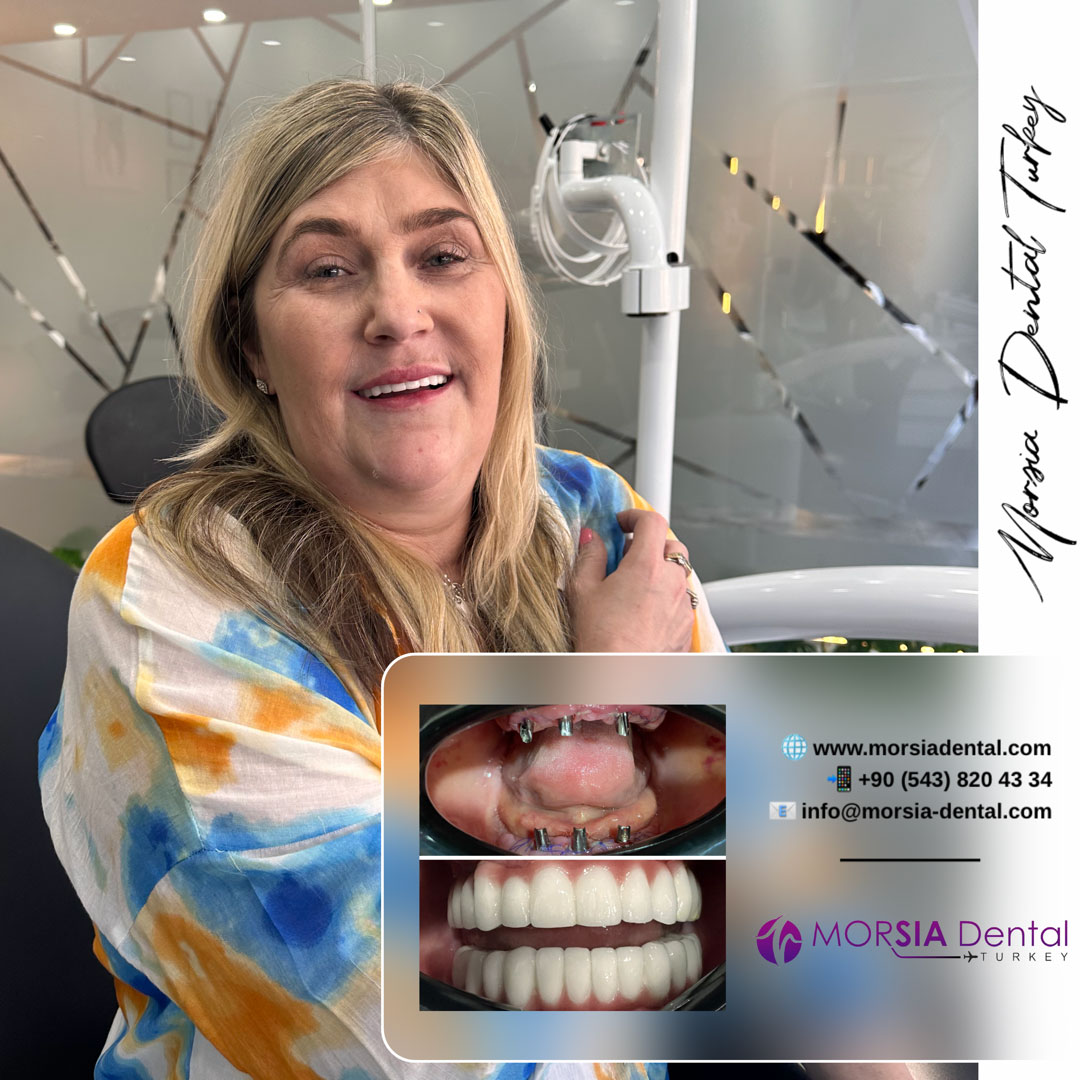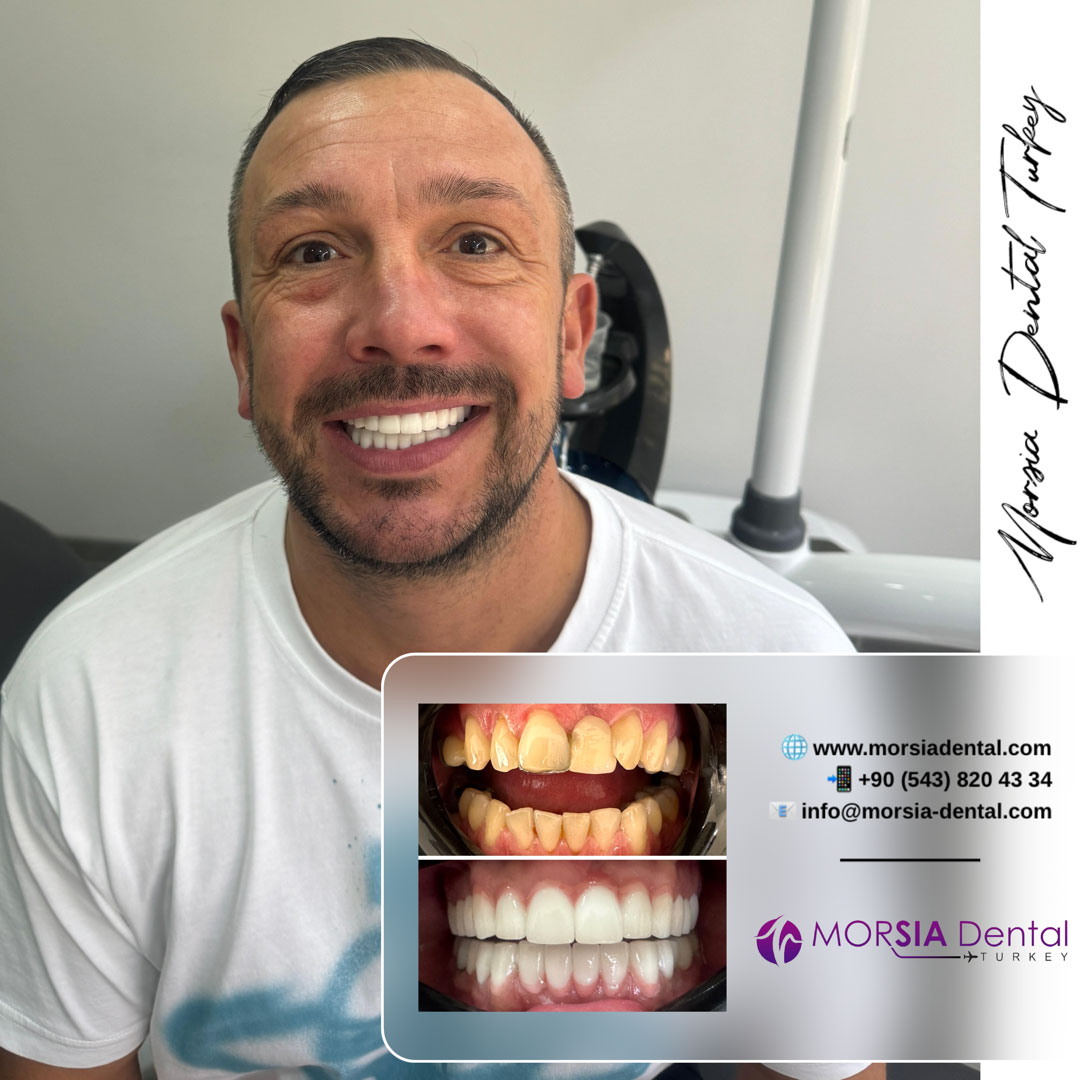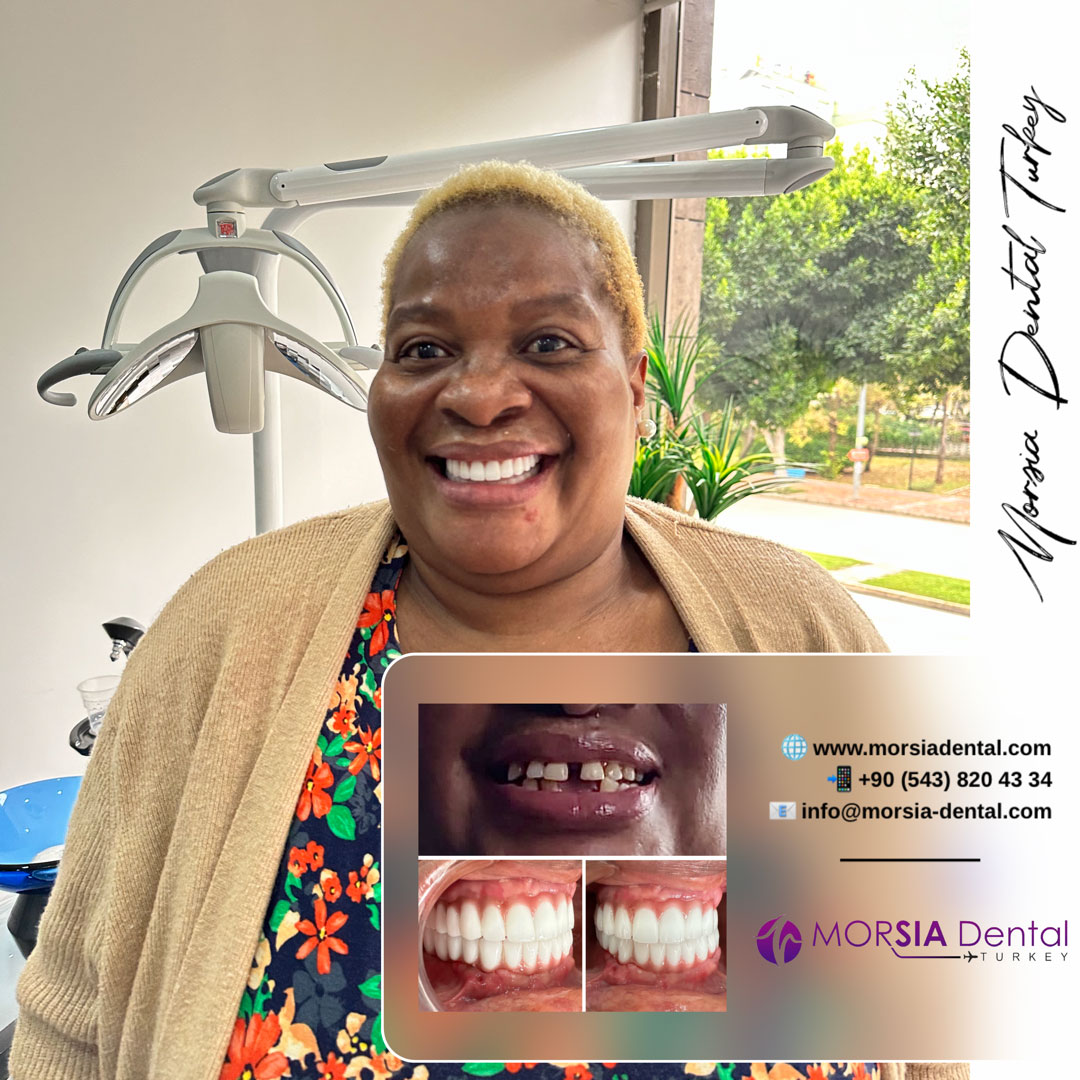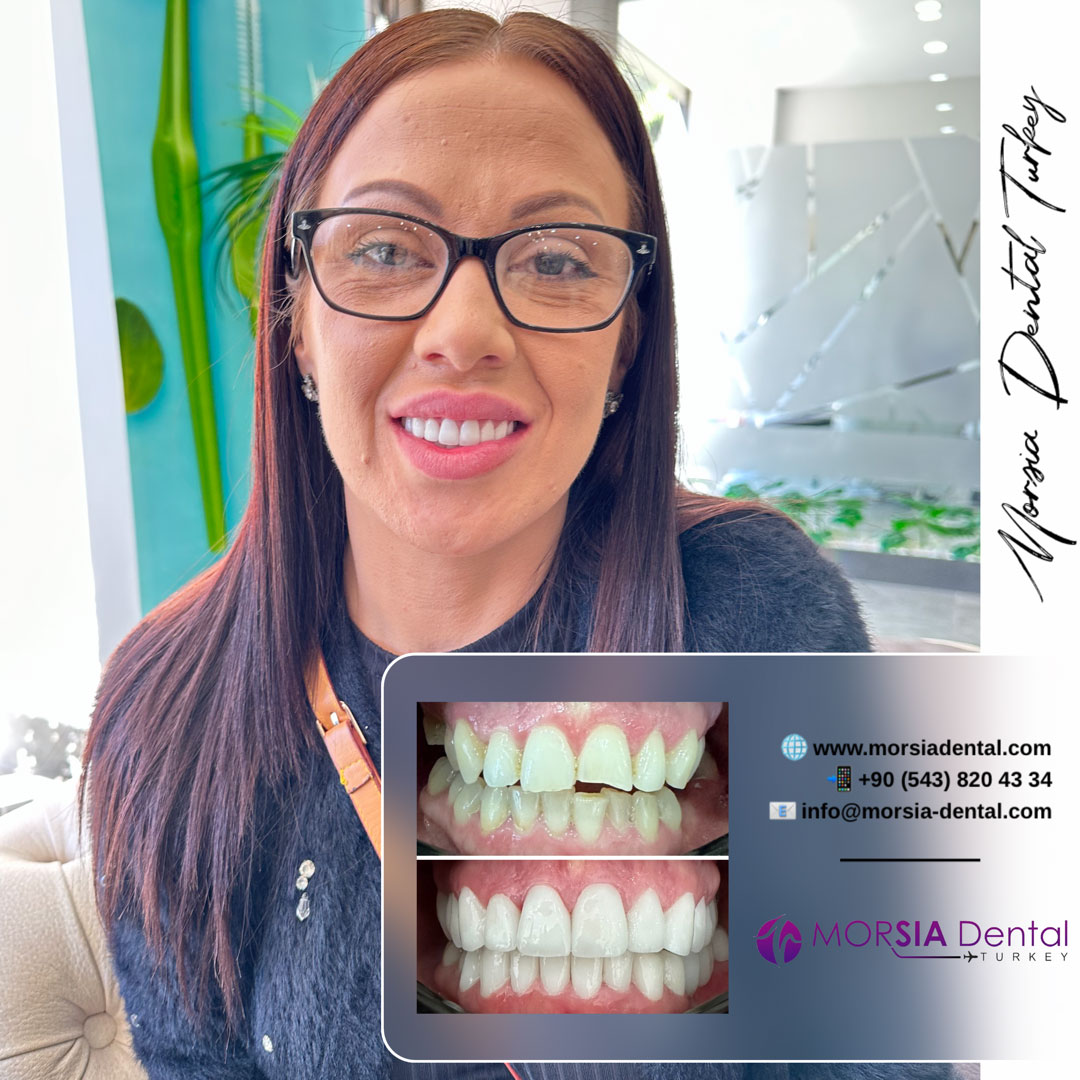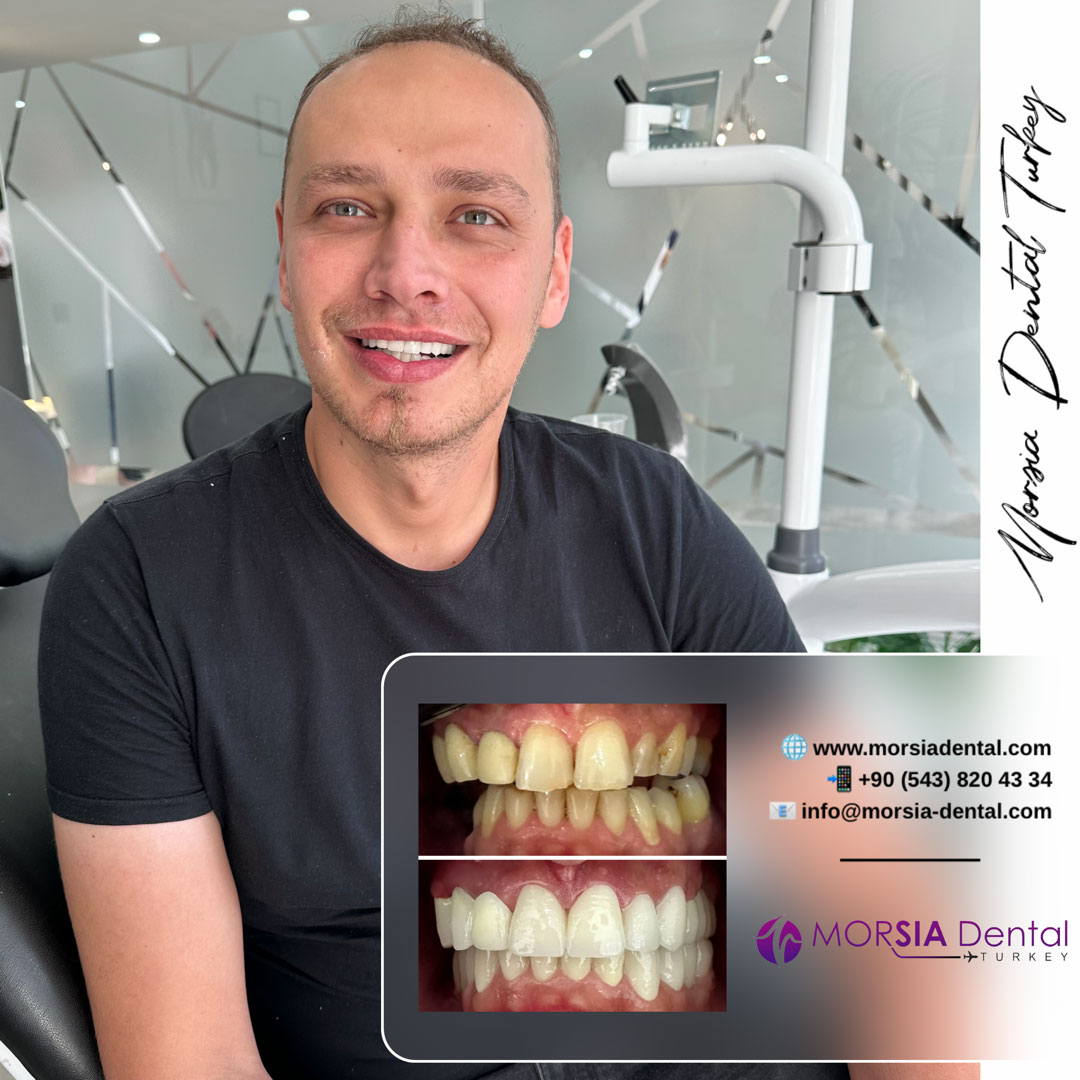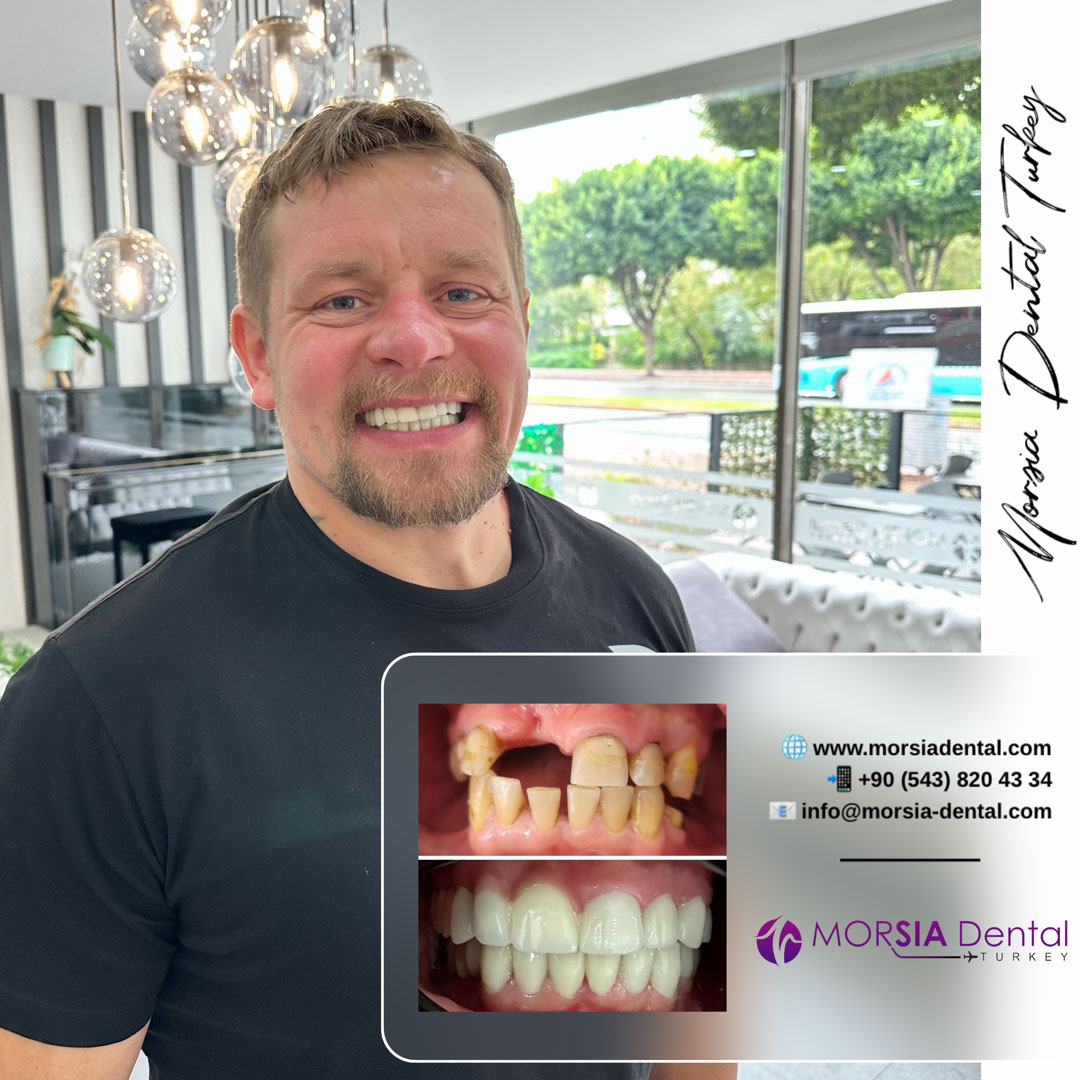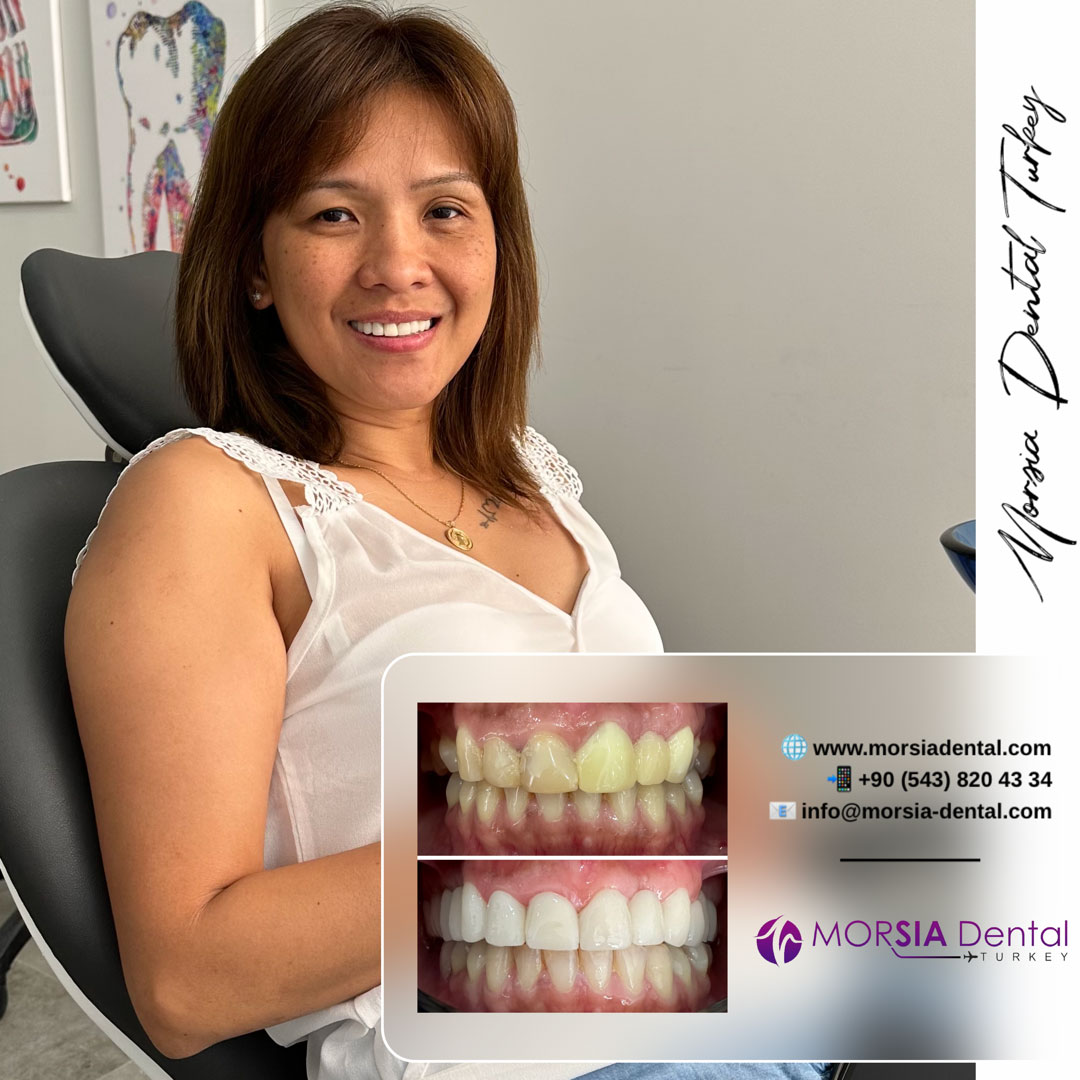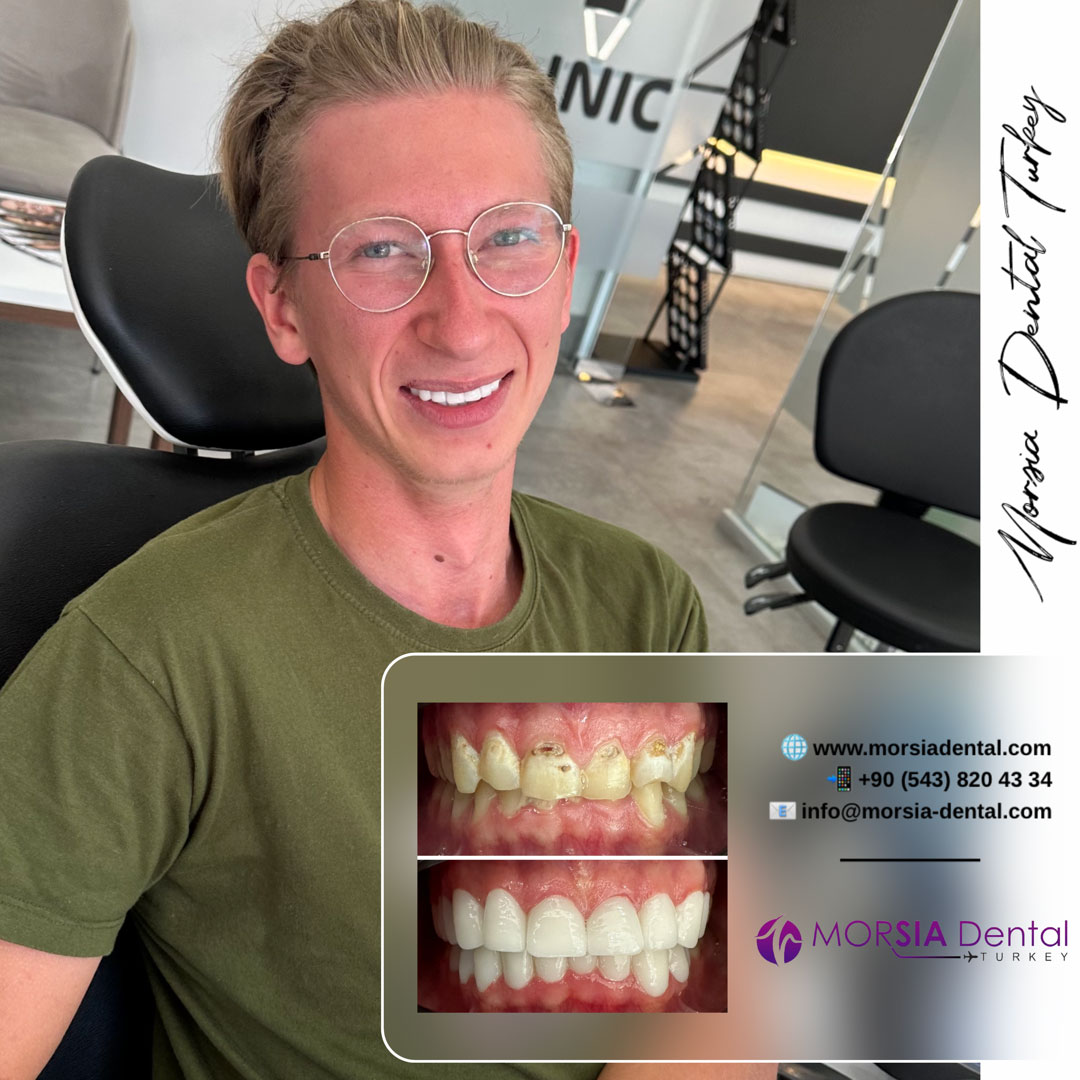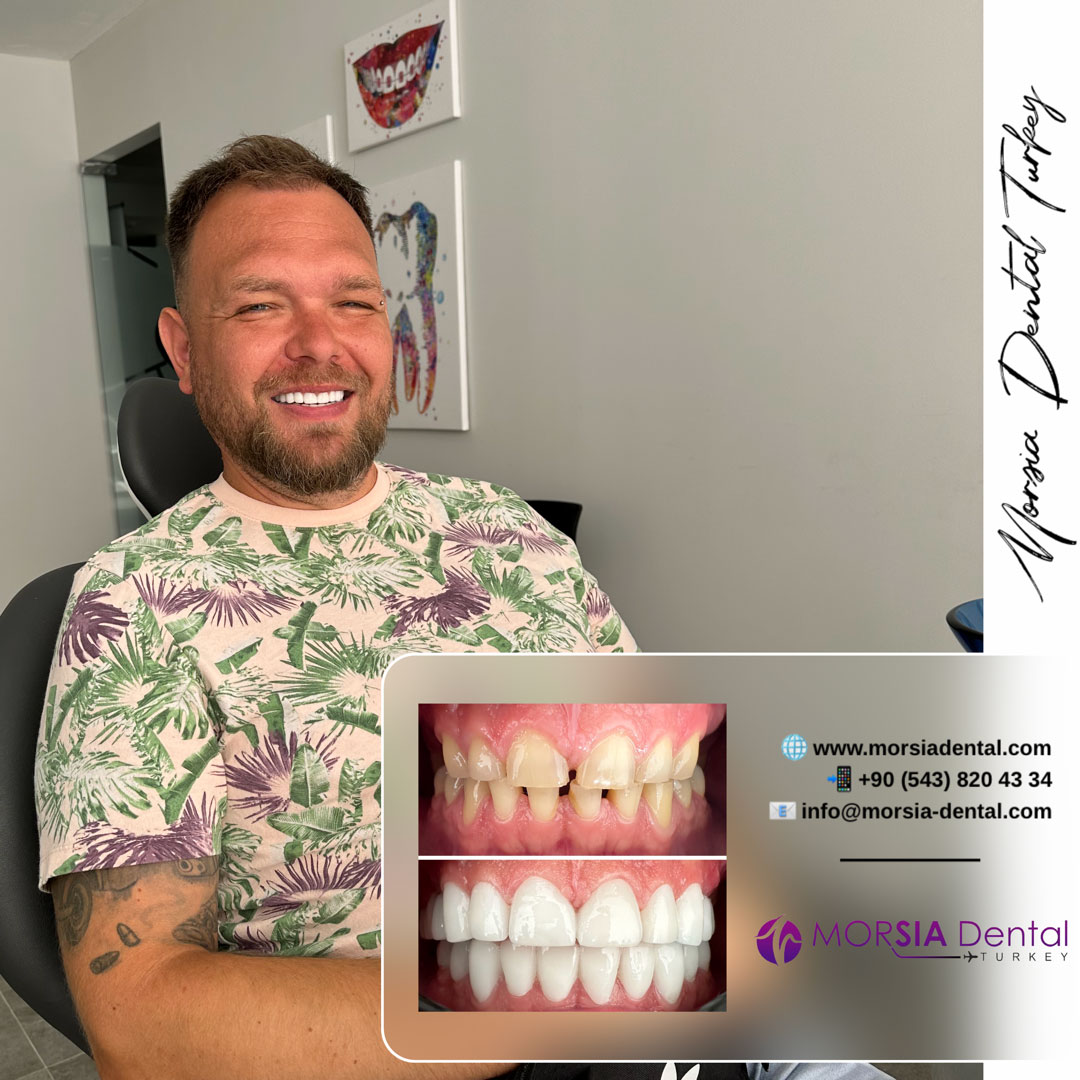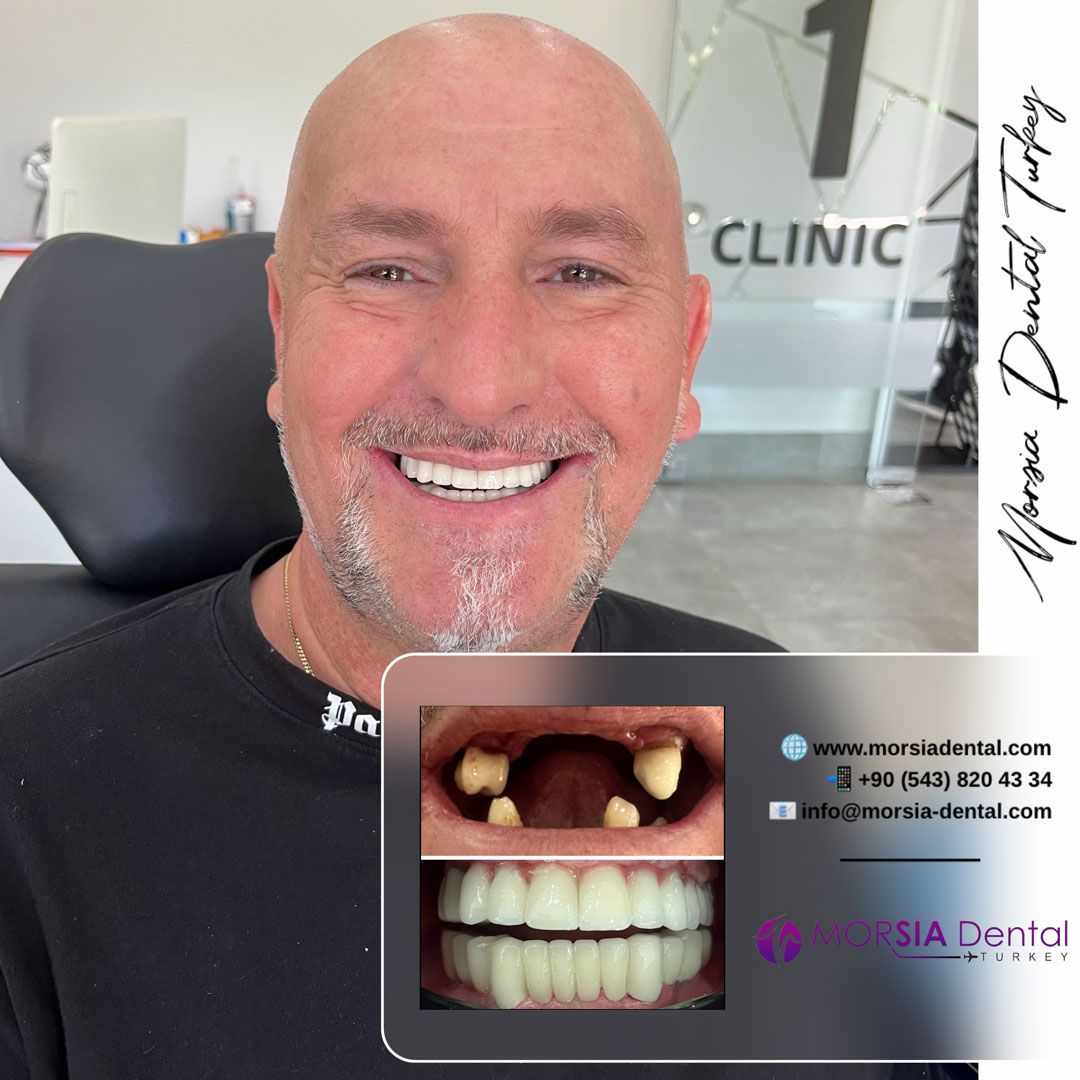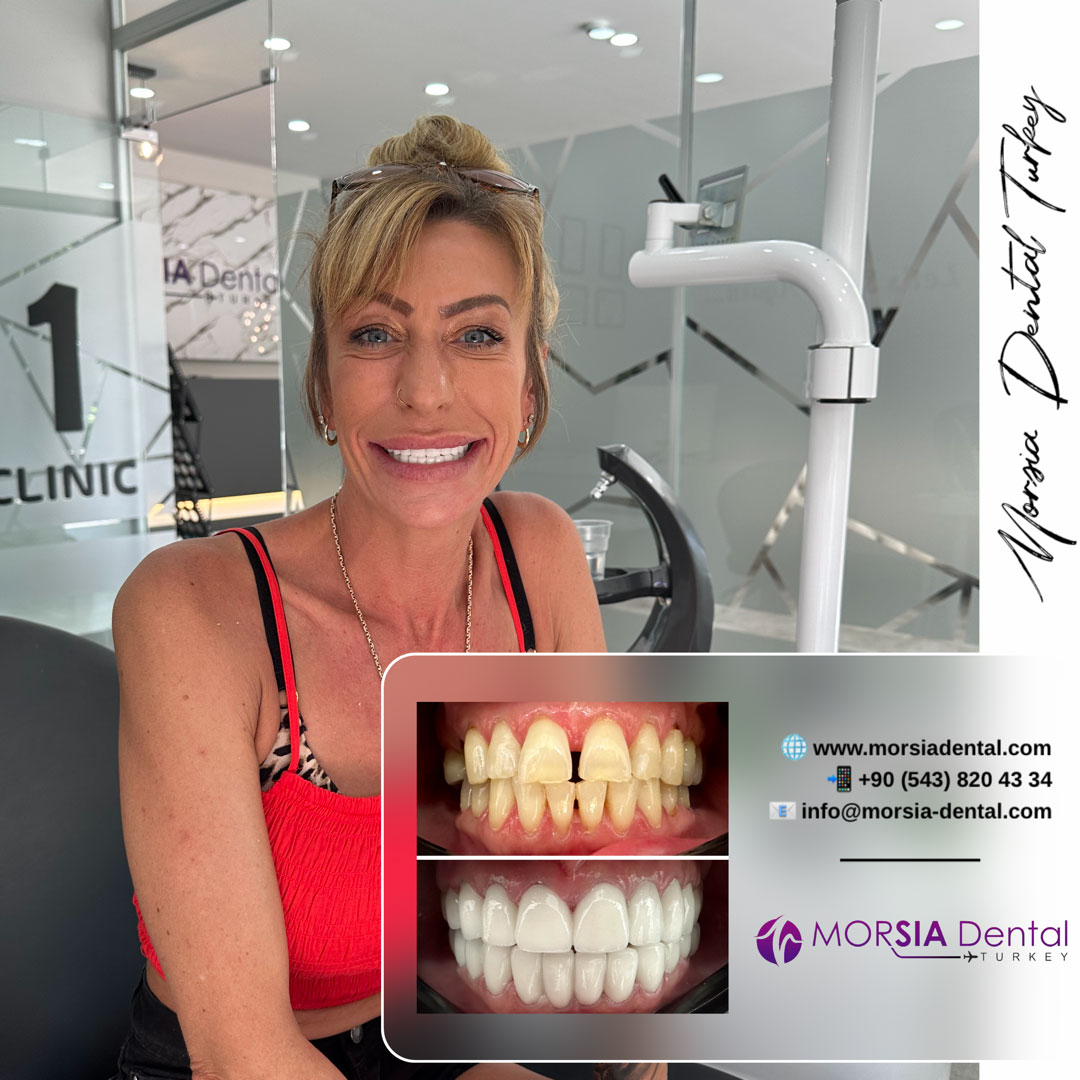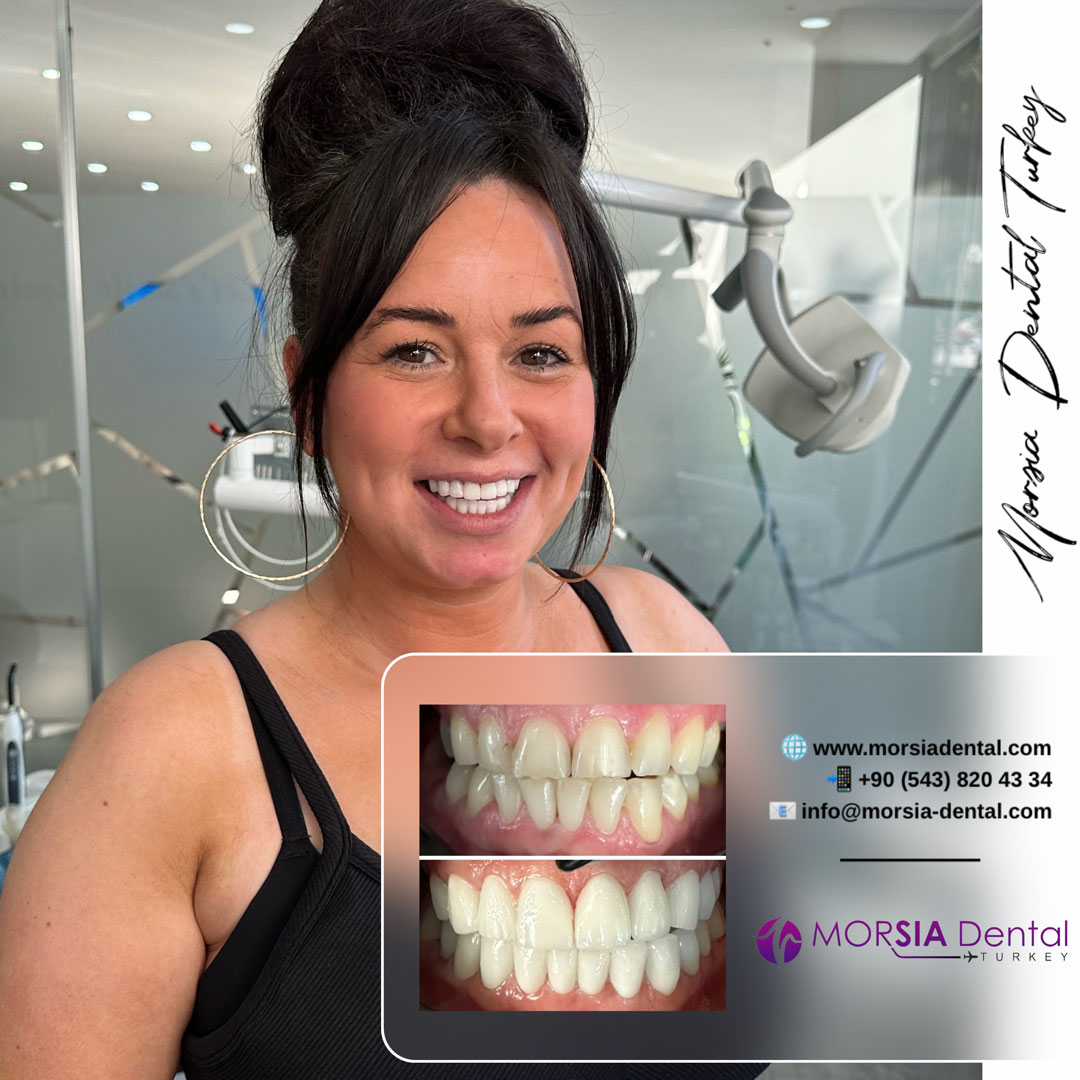Root Canal Treatment

Root canal treatment, also known as endodontics, becomes necessary when the inner pulp of a tooth, containing nerves and blood vessels, becomes infected due to decay or injury. Initially, you may not experience any pain, but as the infection progresses, the tooth may darken in color, indicating nerve damage. At this stage, a root canal treatment is recommended to remove the infected pulp and nerve, clean the canals, and fill the tooth with fillings. Finally, a crown is placed to restore the tooth's function and protect it from further damage or bacterial infection.
Ensuring proper sterilization of instruments and precise filling and sealing of canals is crucial post-treatment to prevent bacterial development. There is no age restriction for root canal treatment, but delaying it can lead to decay or bacterial infections, potentially resulting in a dental abscess requiring immediate medical attention.
Root canal treatment offers several advantages, including preventing infection spread, saving the tooth, promoting jawbone regeneration, and enhancing overall oral health. However, there are some drawbacks, such as potential tooth discoloration due to incomplete cleaning, residual pulp, or fracture risk under extreme pressure.
Recovery from root canal treatment is typically swift, with minor discomfort and pain immediately following the procedure. Dentists employ local anesthesia to ensure patient comfort during treatment, minimizing any perceived pain or discomfort. With proper care and regular check-ups, patients can expect to resume normal activities within a week, enjoying restored oral health and functionality.
Schedule your consultation today and discover the difference Morsia Dental can make for your smile!
MAKE AN APPOINTMENT
FILL OUT THE FORM

Before & After Gallery
How can I fix my teeth and smile?
If you are unhappy with the general condition of your teeth and outlook, caps and crowns can be a solution for the issue as we use the root and inside of the tooth as a base to build it. As a result, they will look like real teeth. Additionally, if the alliance of your teeth is suitable, the problem can be solved with the application of Dental Veneers too.
How does teeth bleaching work?
Clinic Teeth Whitening is the strongest and fastest way of whitening our teeth. We can provide professional teeth whitening with laser in our VIP clinic.
What are Porcelain Crowns?
Porcelain Crowns are made from dental porcelain and can be used both for the repairment of the tooth and to have a better aesthetic appearance. With the latest technology, Zirconium Porcelain Crowns that have Zirconium Metal on the base give us the chance to enhance the success rate of aesthetic treatments.
What is a bridge?
Dental Bridge is a way to replace missing tooth/teeth. If you lost any teeth and if the gaps are not filled there is a risk of bone loss (bone resorption)
Can I have teeth whitening when I have sensitive teeth?
Sometimes this procedure can make your teeth and gums sore for a while. But, of course, there are some ways to prevent this sensitivity before having the whitening procedure. A toothpaste designed for sensitive teeth can be an example.
What’s The Difference Between Porcelain and Composite Veneer?
Both sorts of veneers are long lasting, on the other hand, porcelain has the advantage here as being are more durable. It may long last for around 10/15 years when it is compared to composites as about 6-7 years.
On the other hand, shall a porcelain veneer is damaged such as chipped, and then it usually needs to be replaced entirely. Besides, a minor sort of chipping on a composite veneer can be easily solved by a dentist in a single visit.
This is caused by the process of each treatment varies.
Composite veneers can be accepted and called “shellac” equivalent to nails. They are sculpted directly onto the teeth in one appointment.

